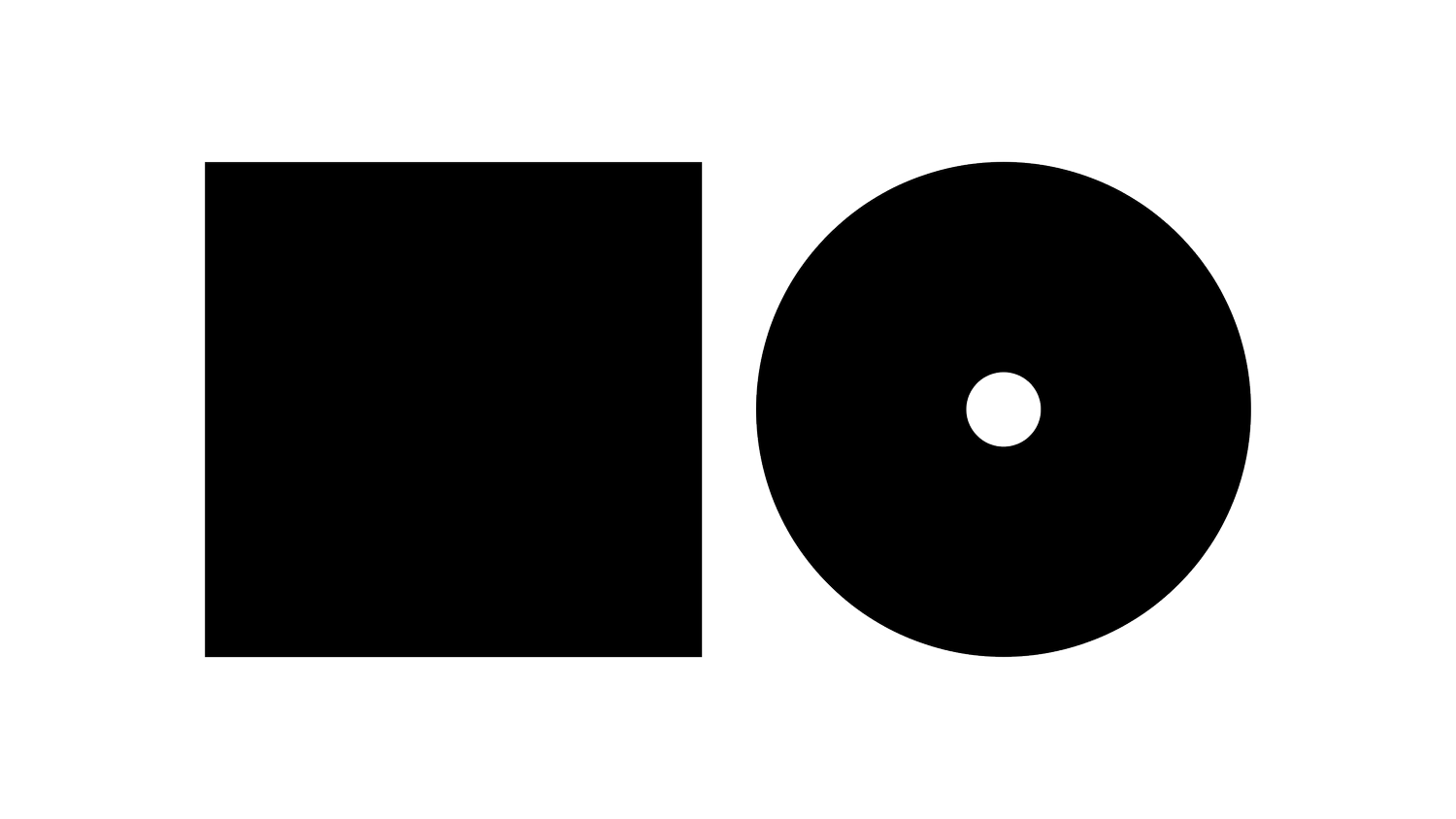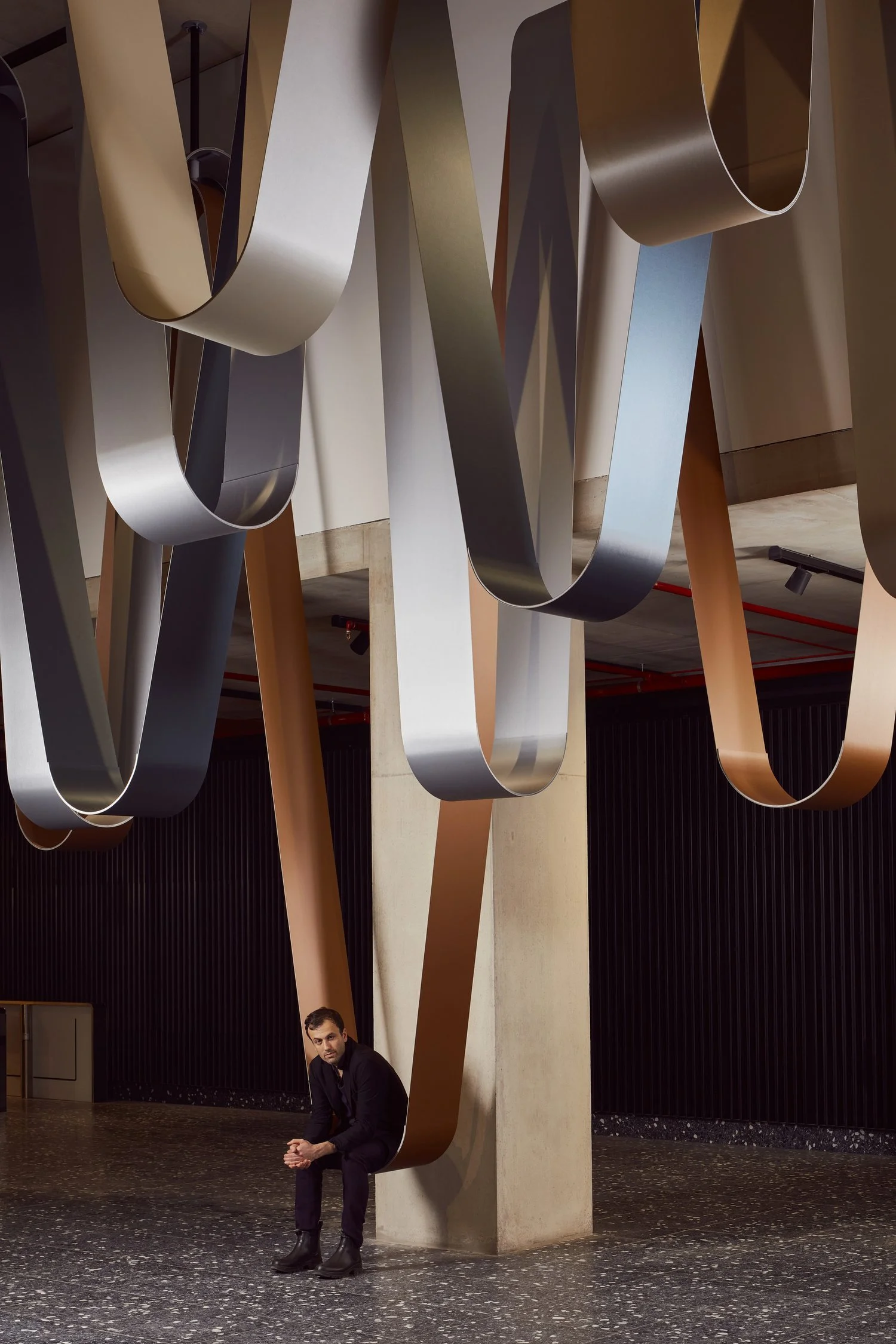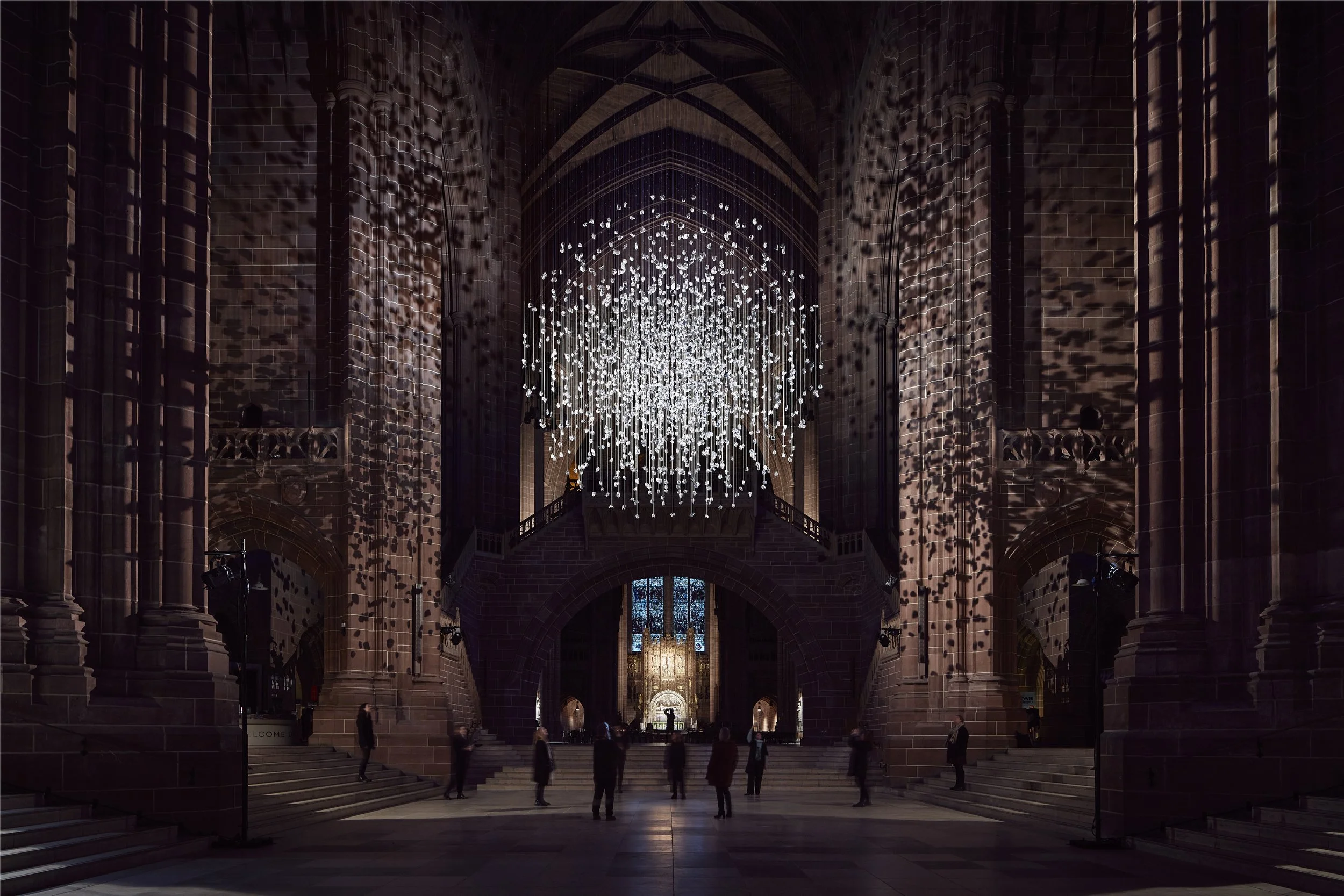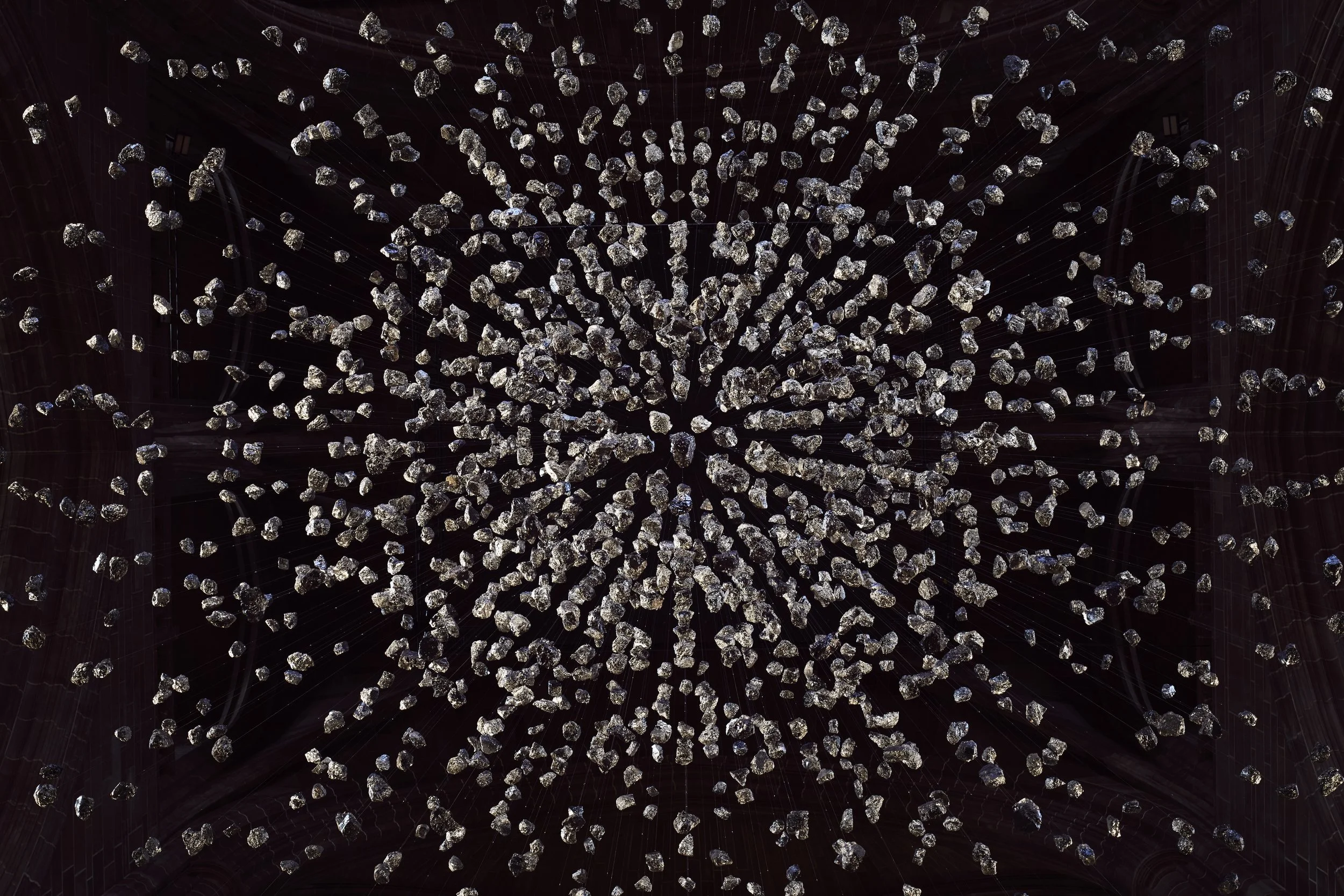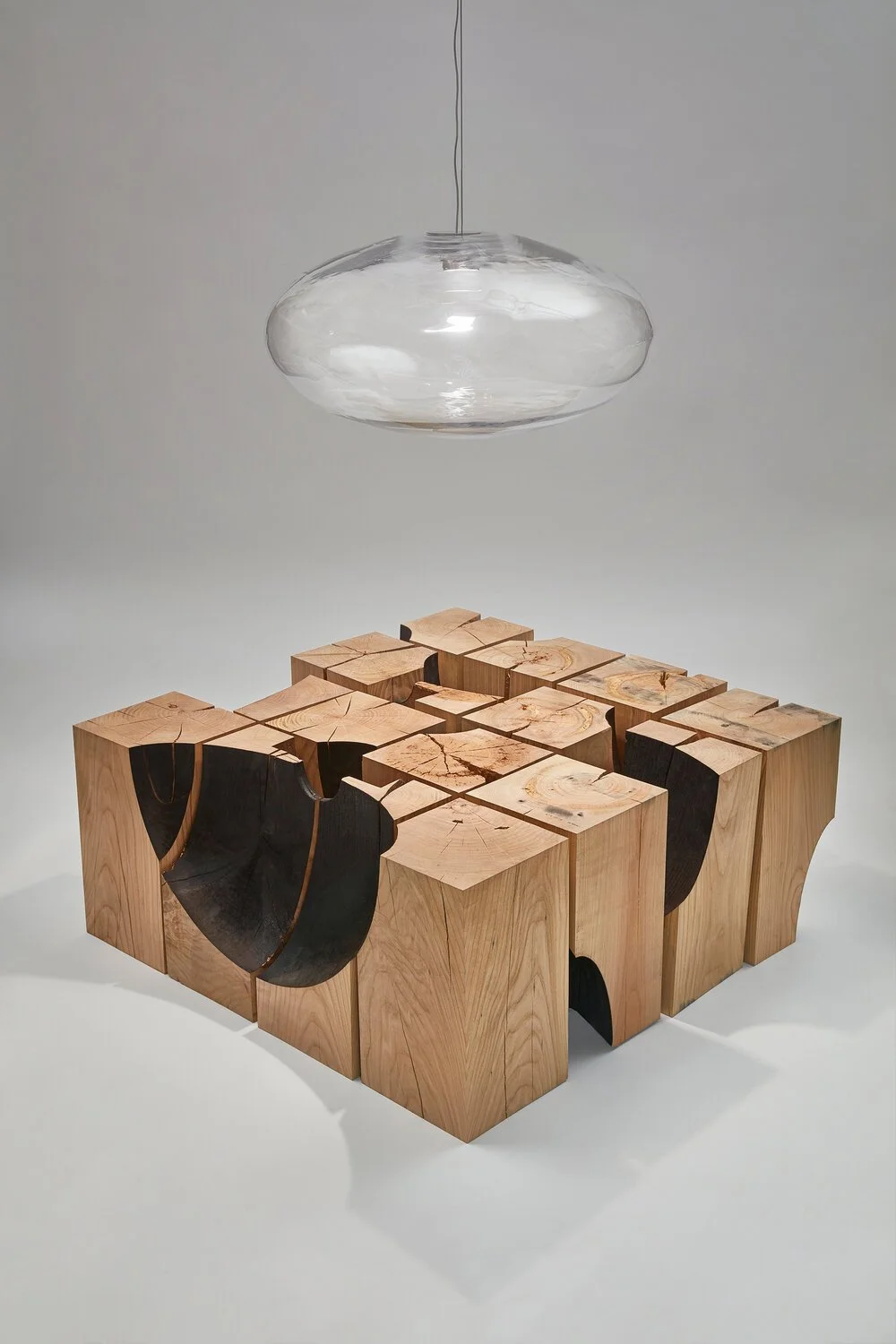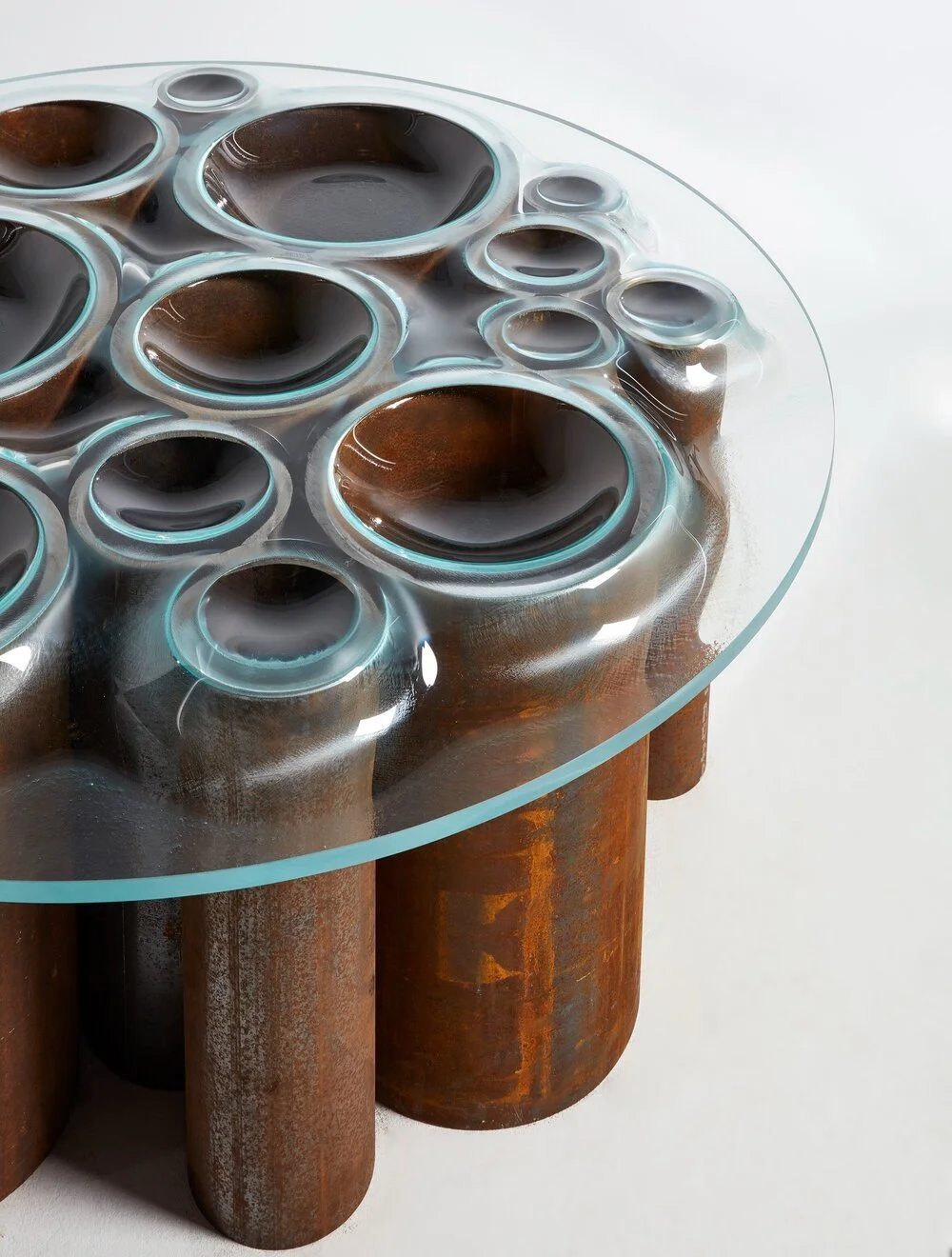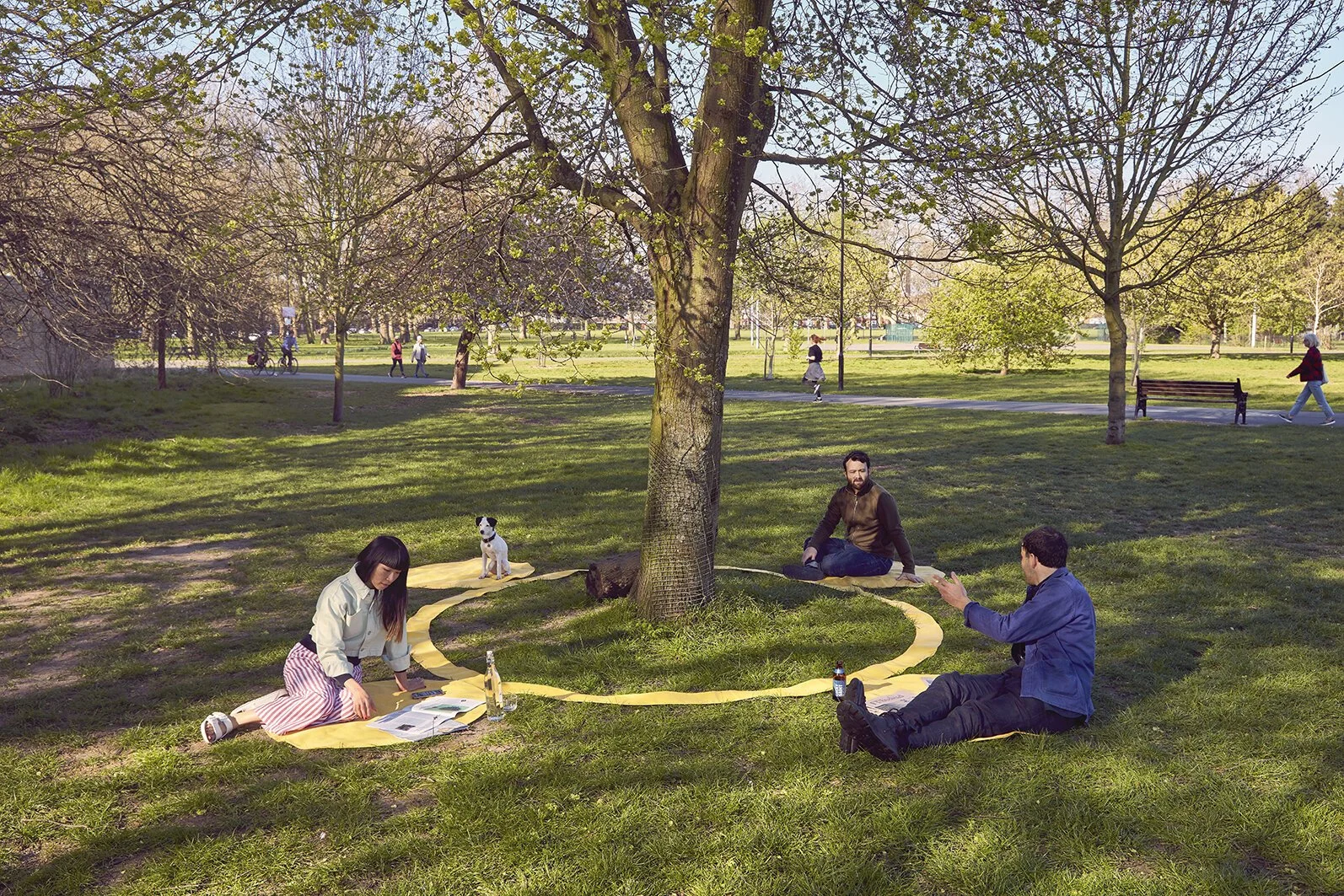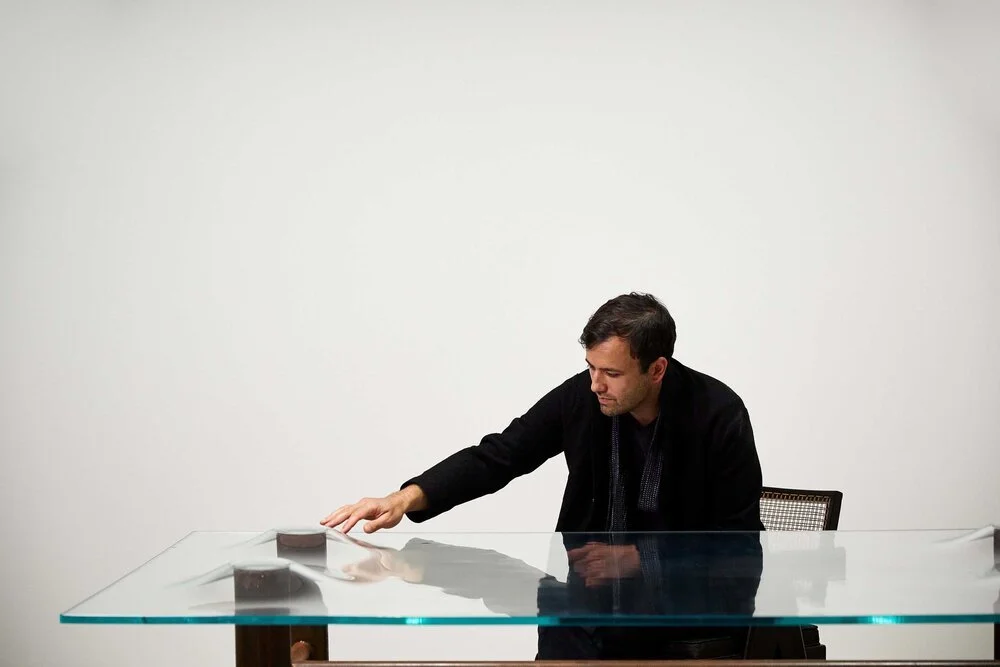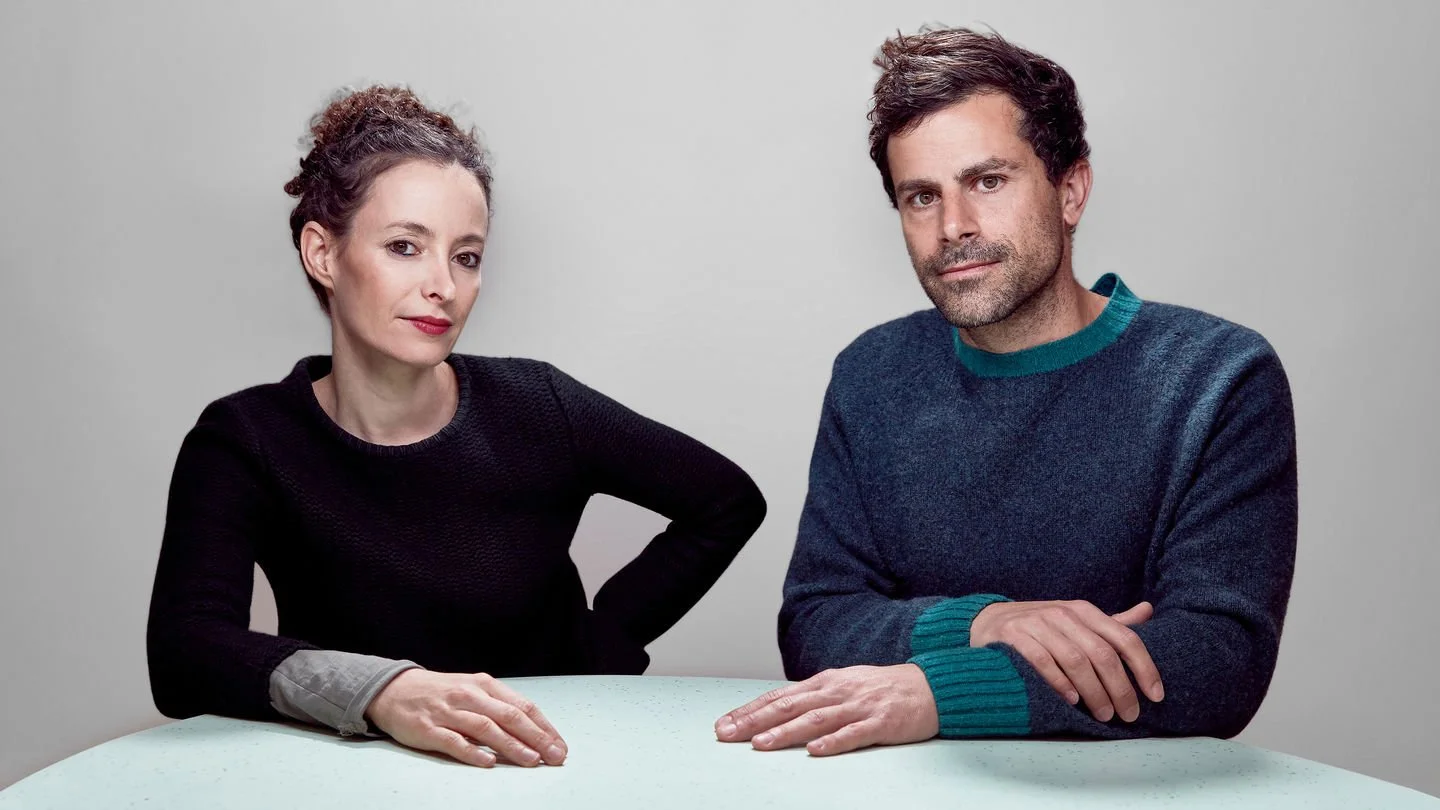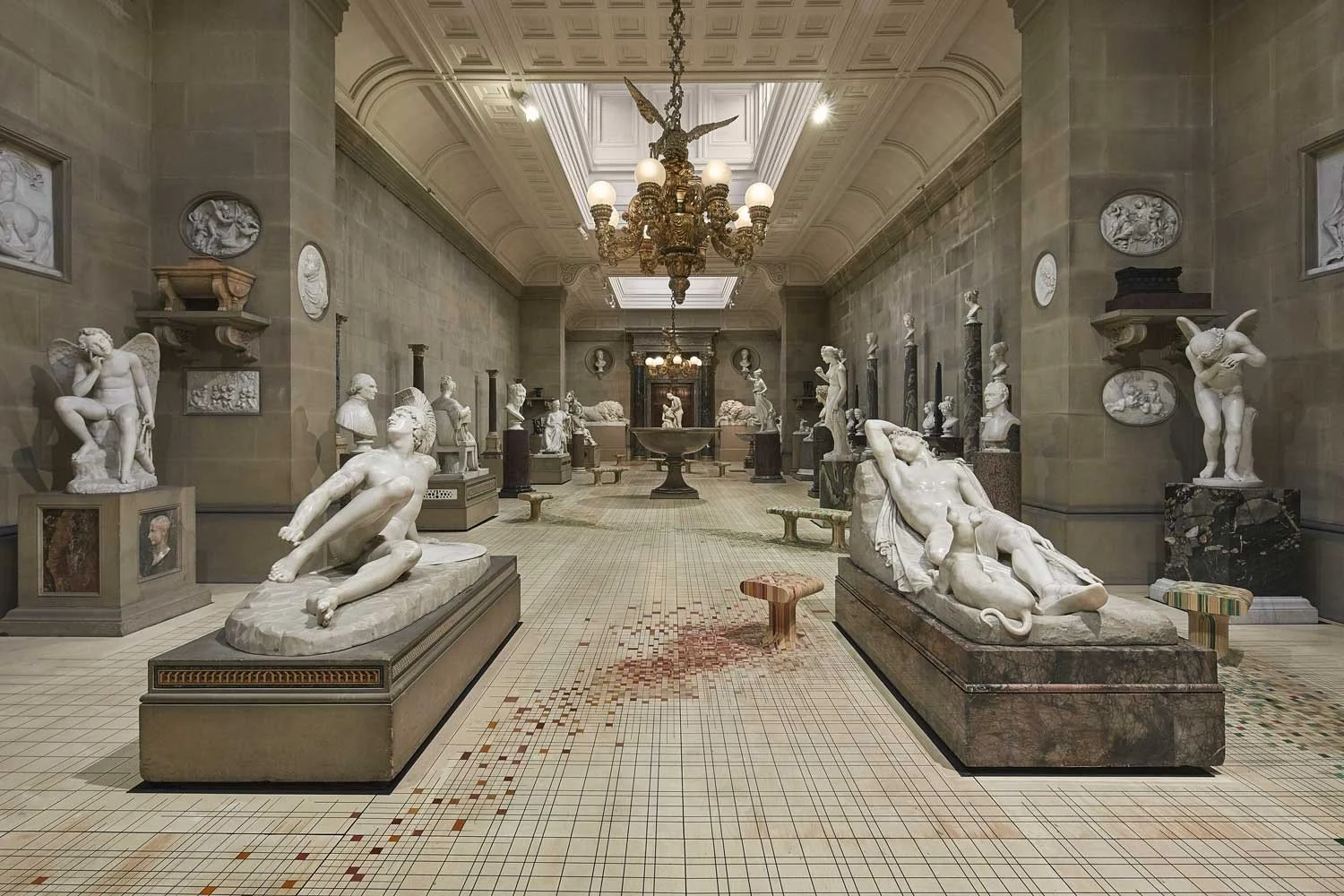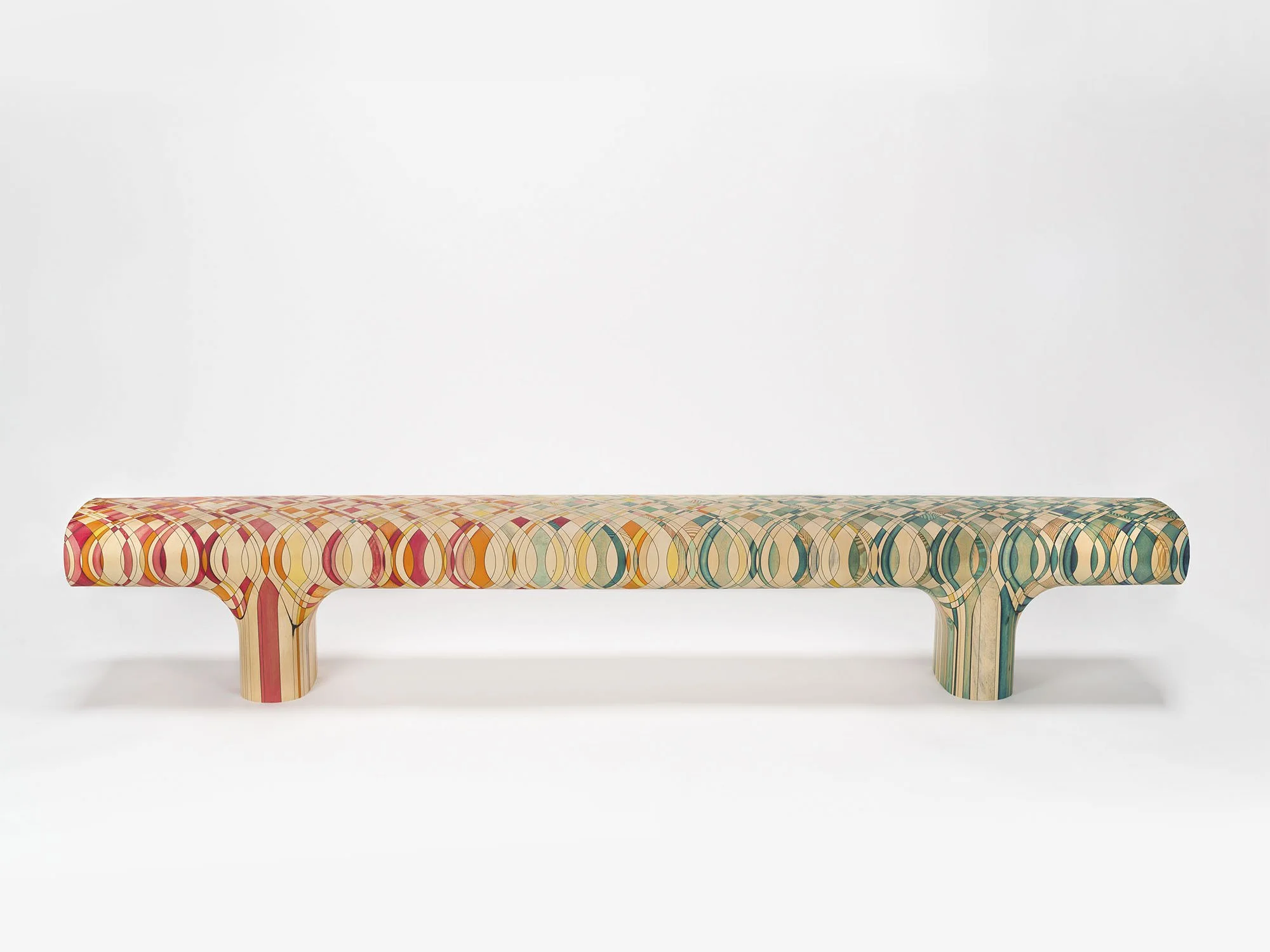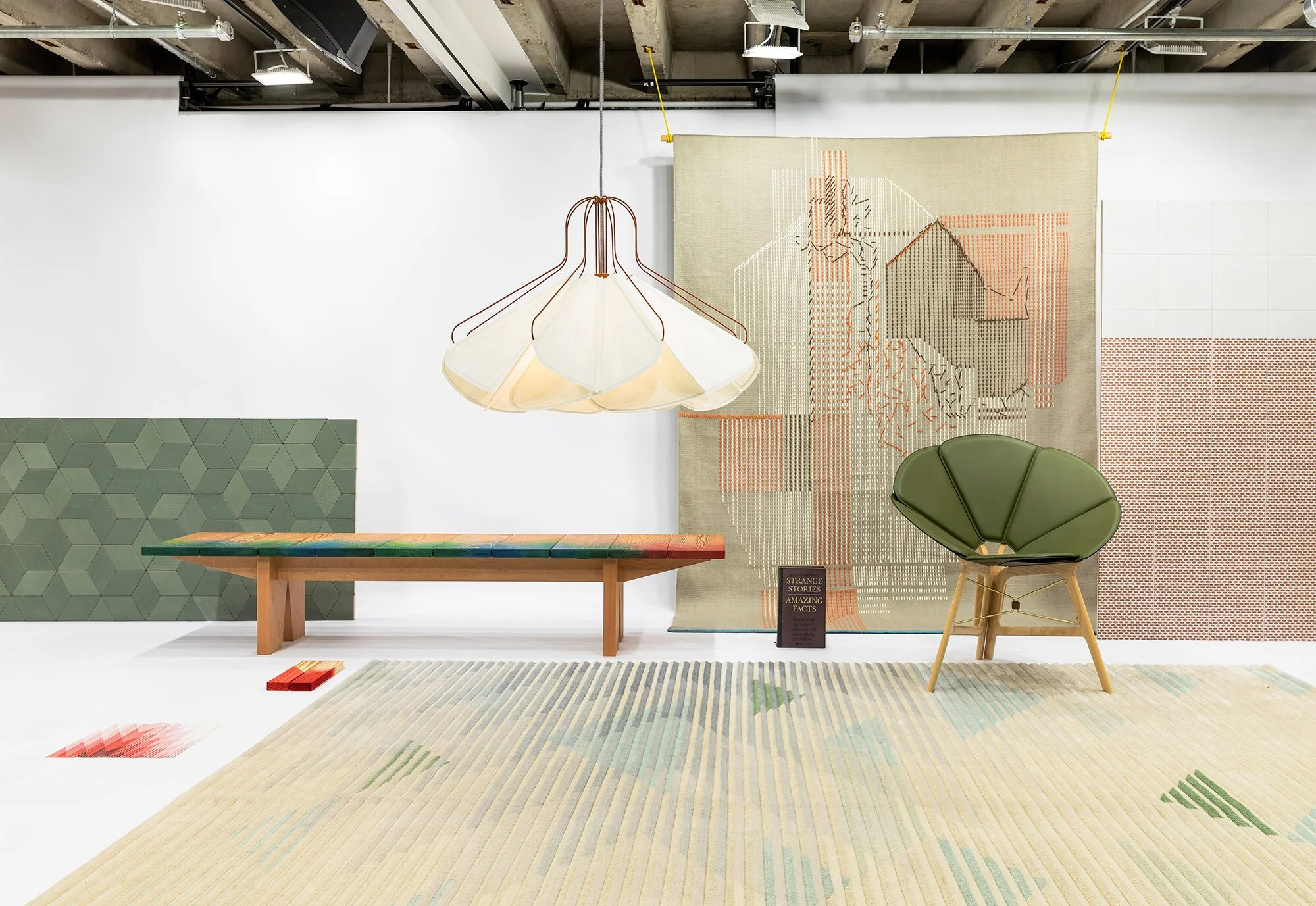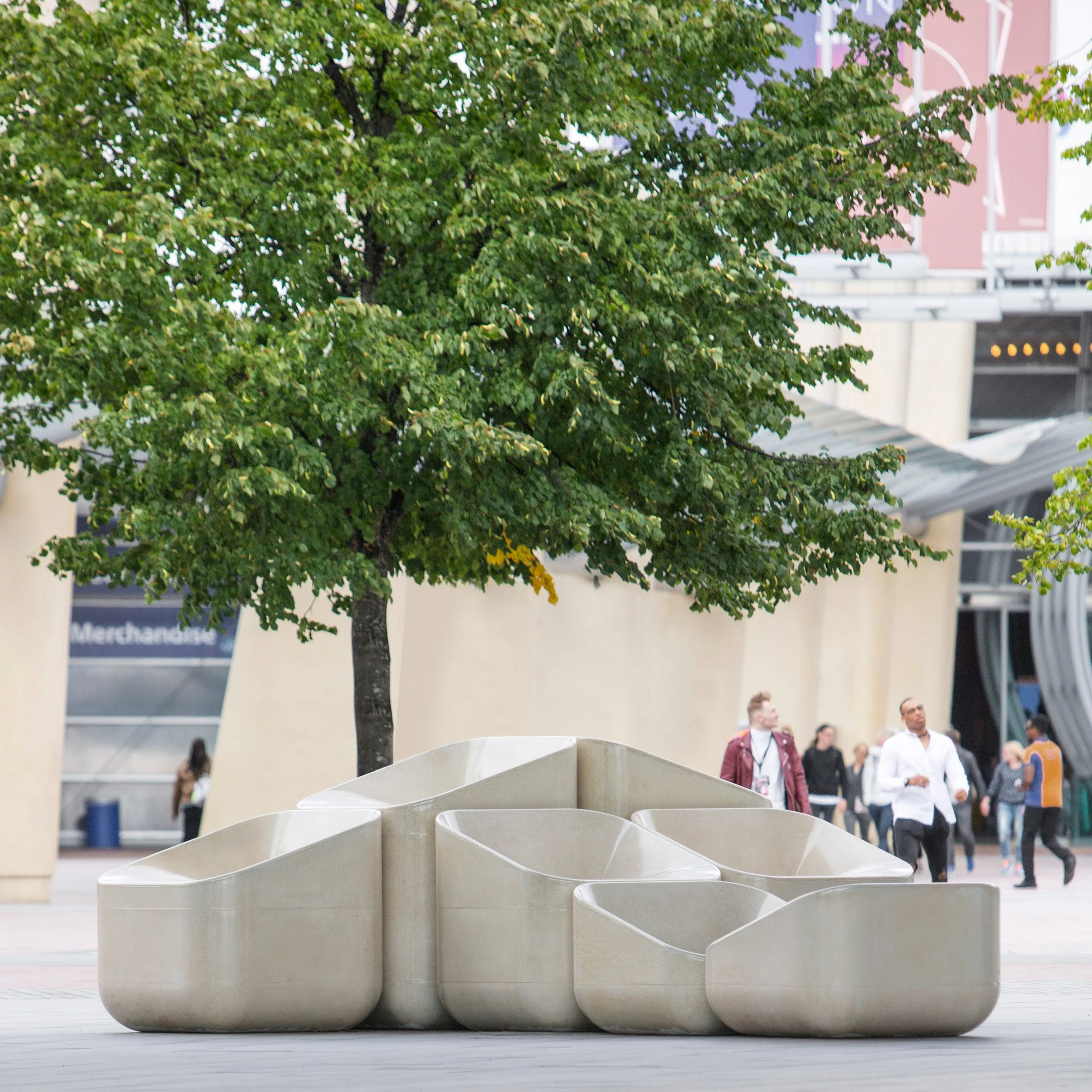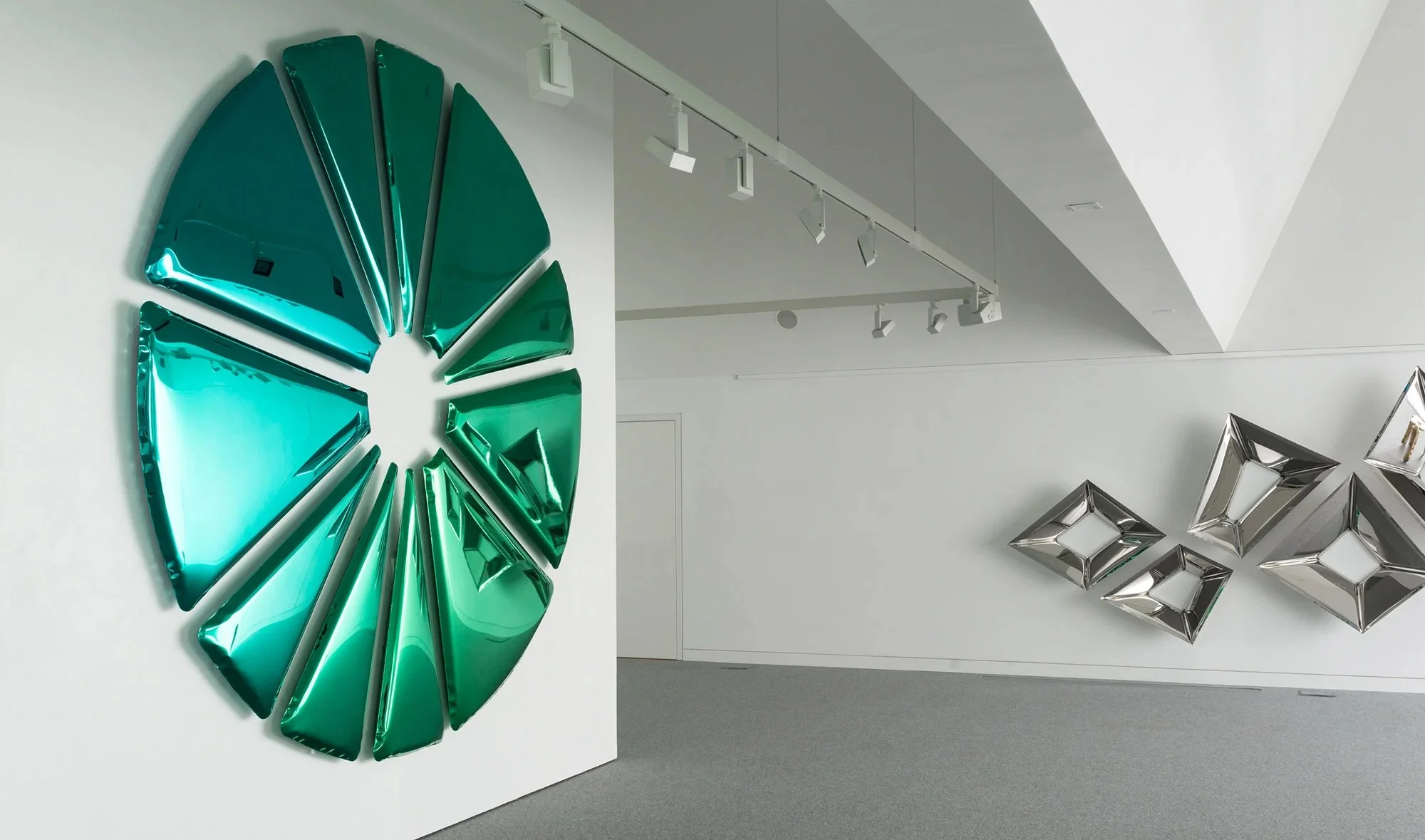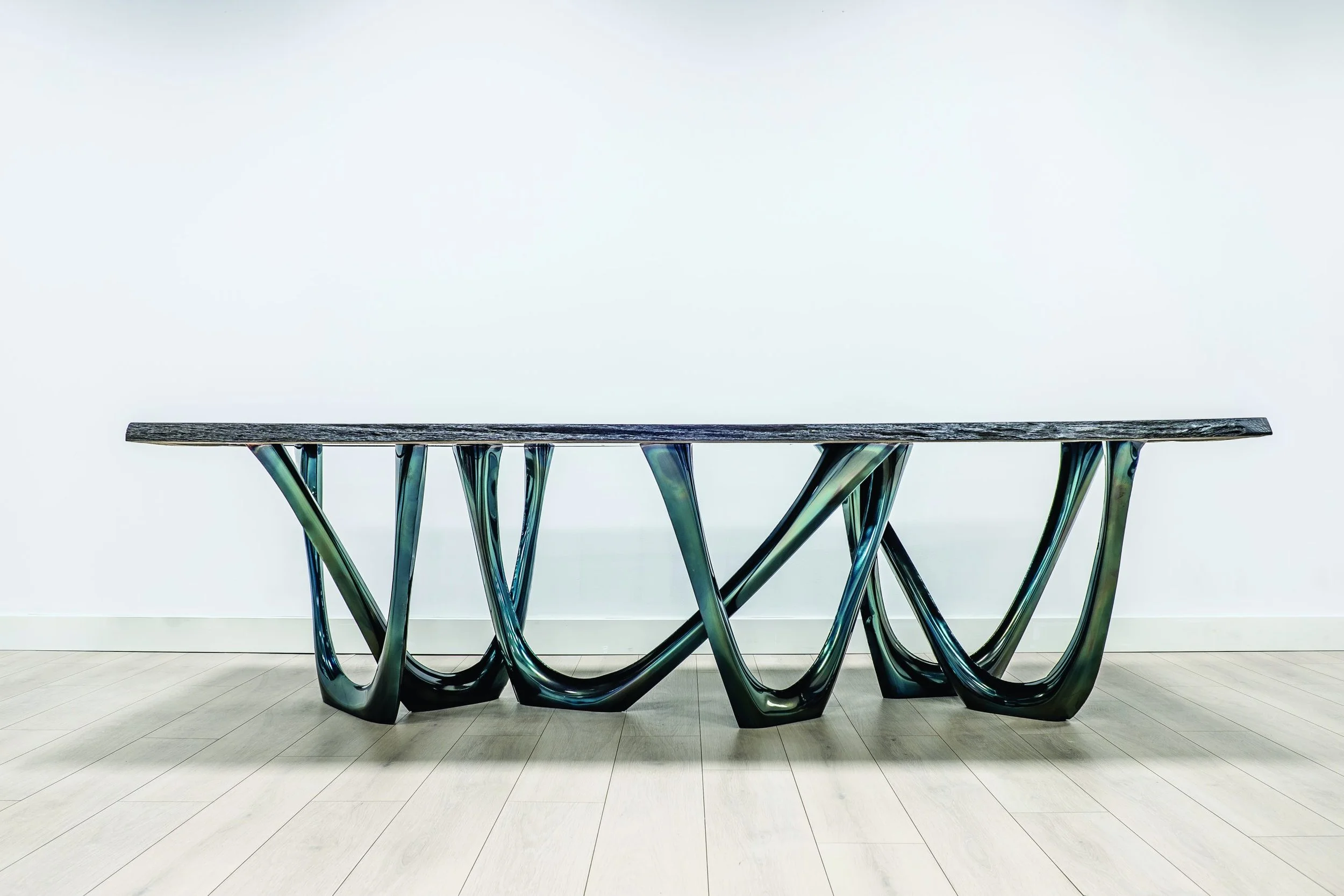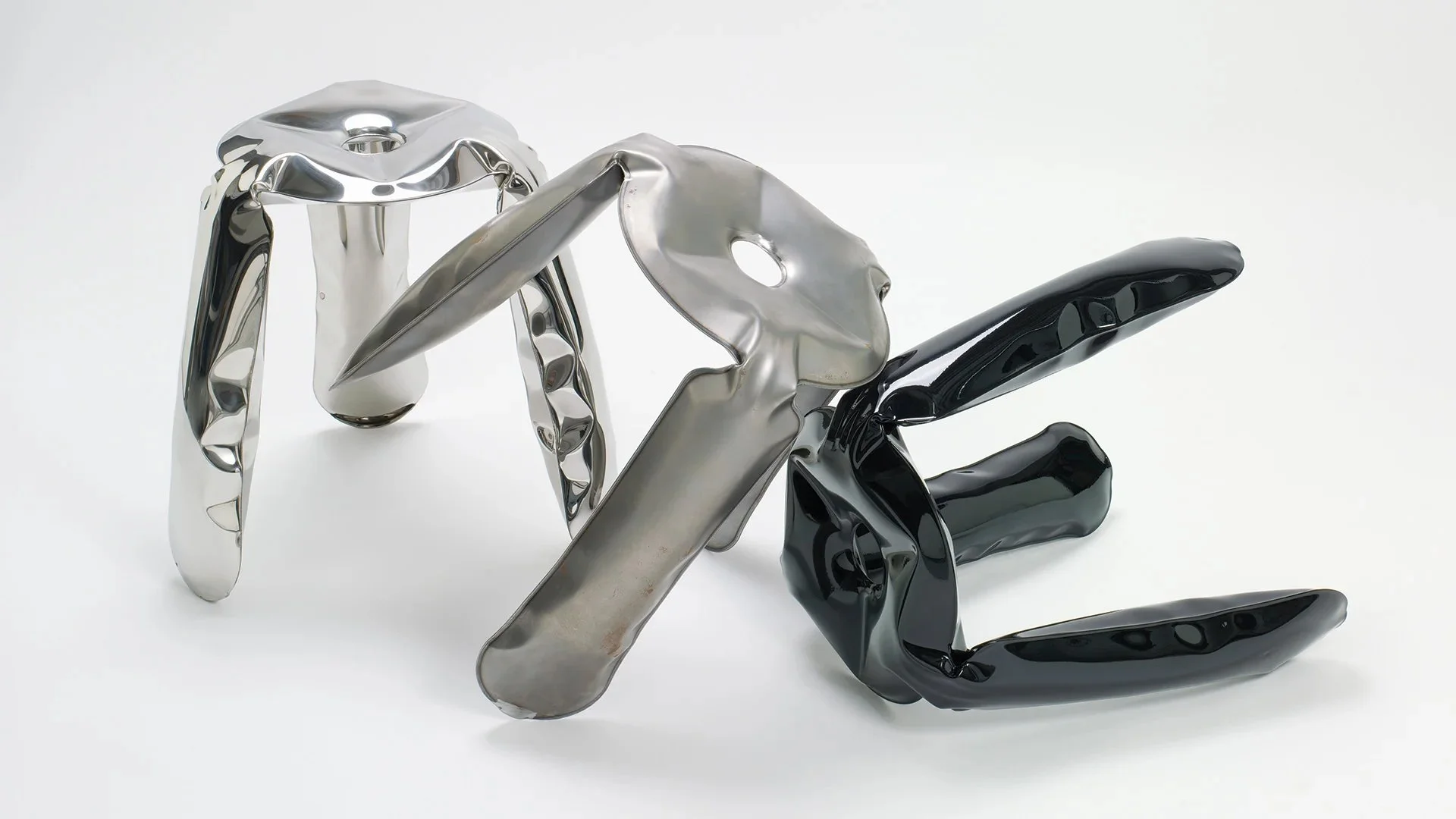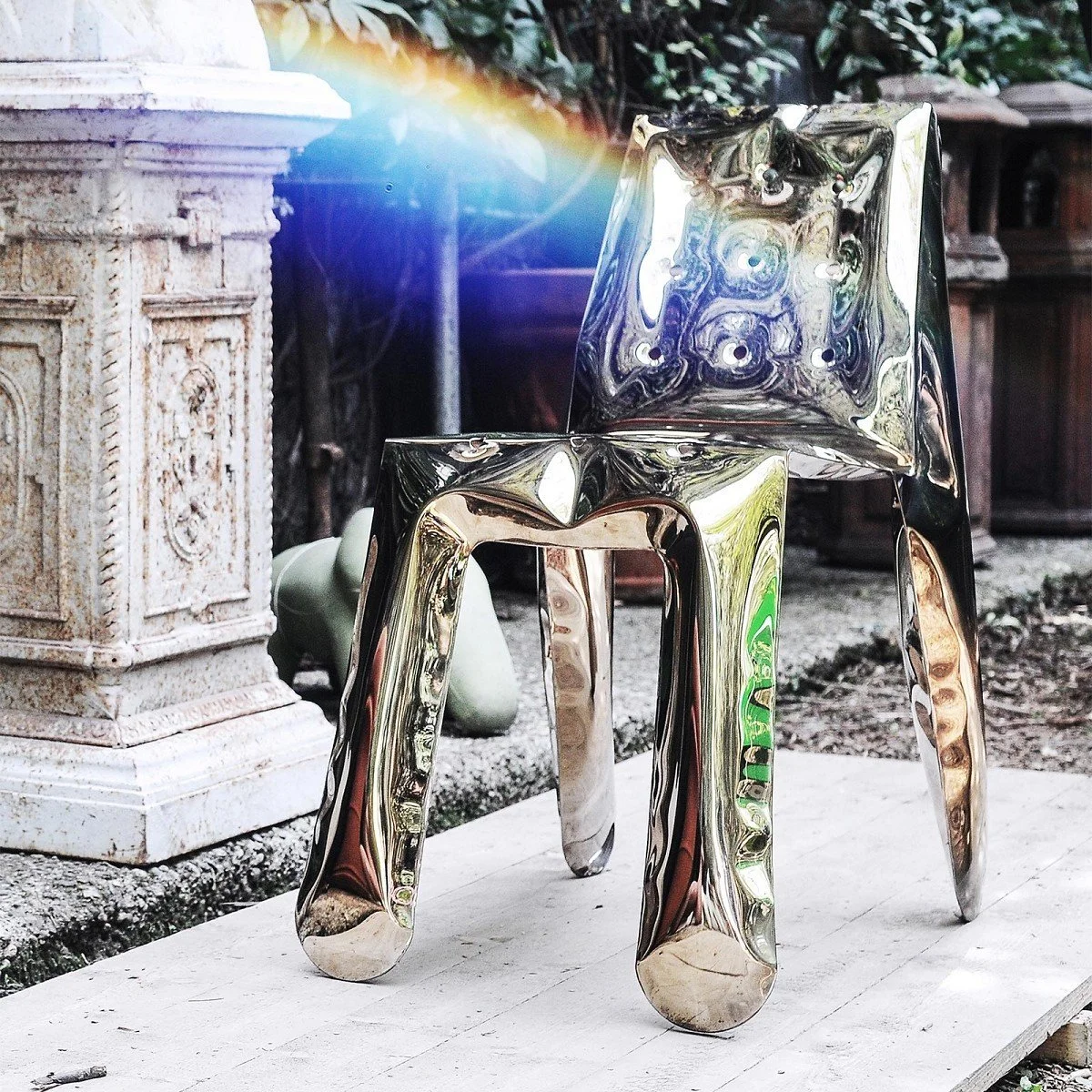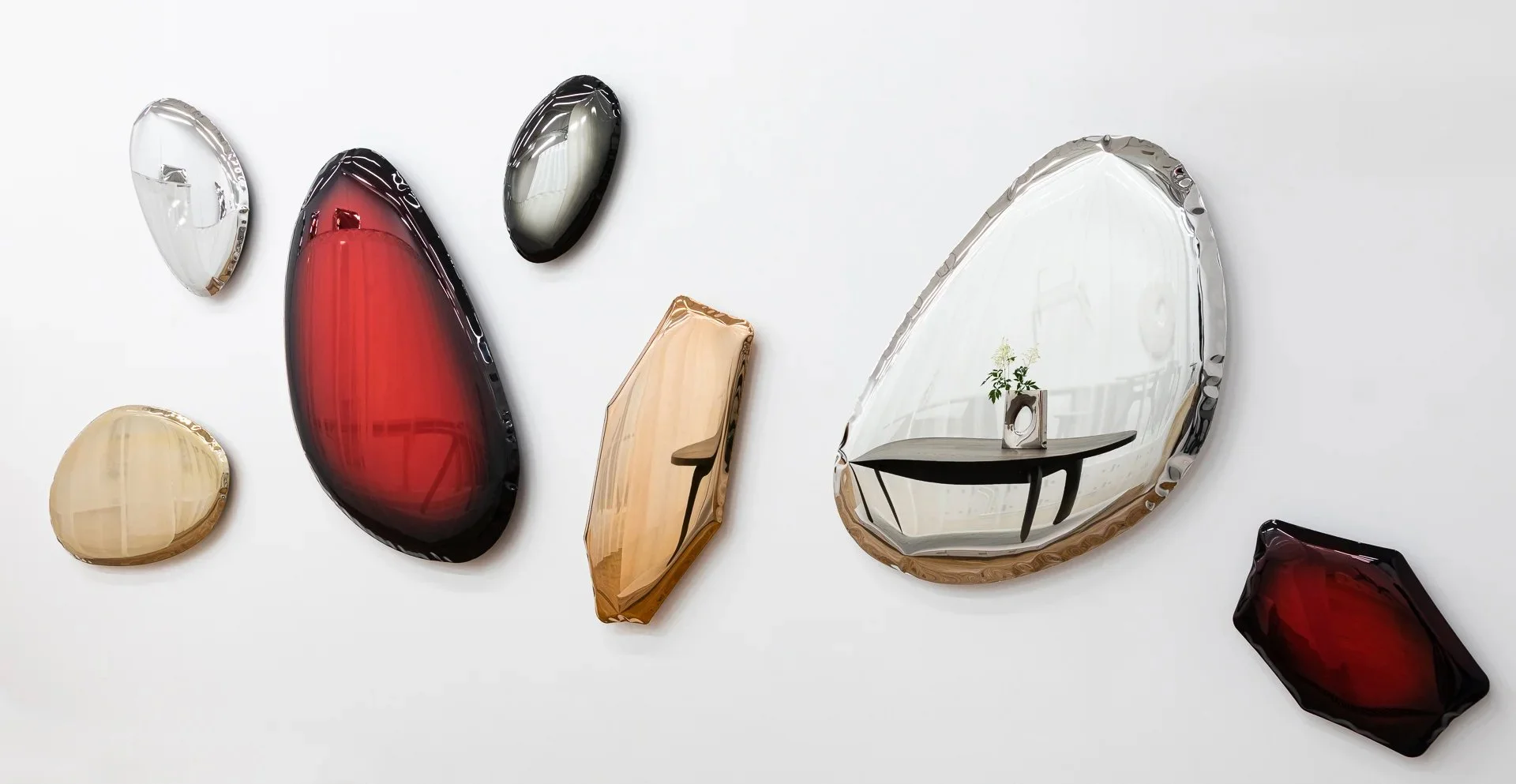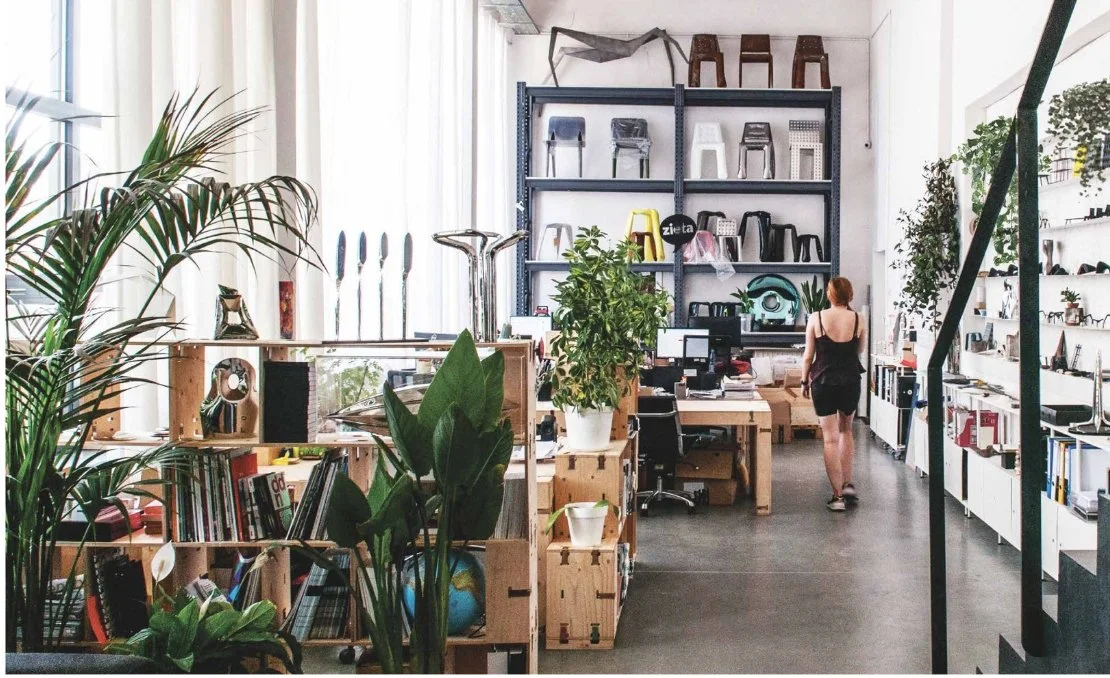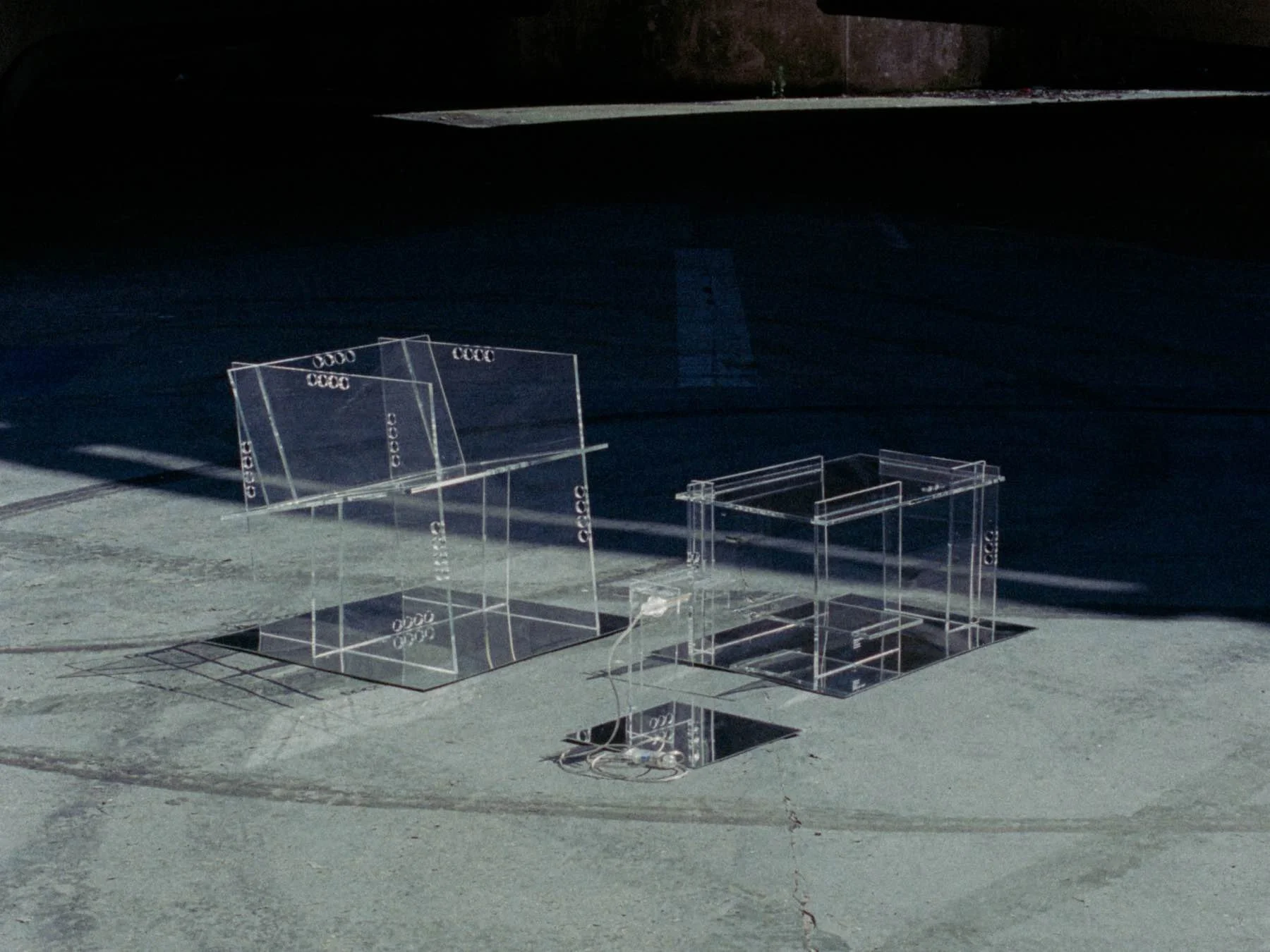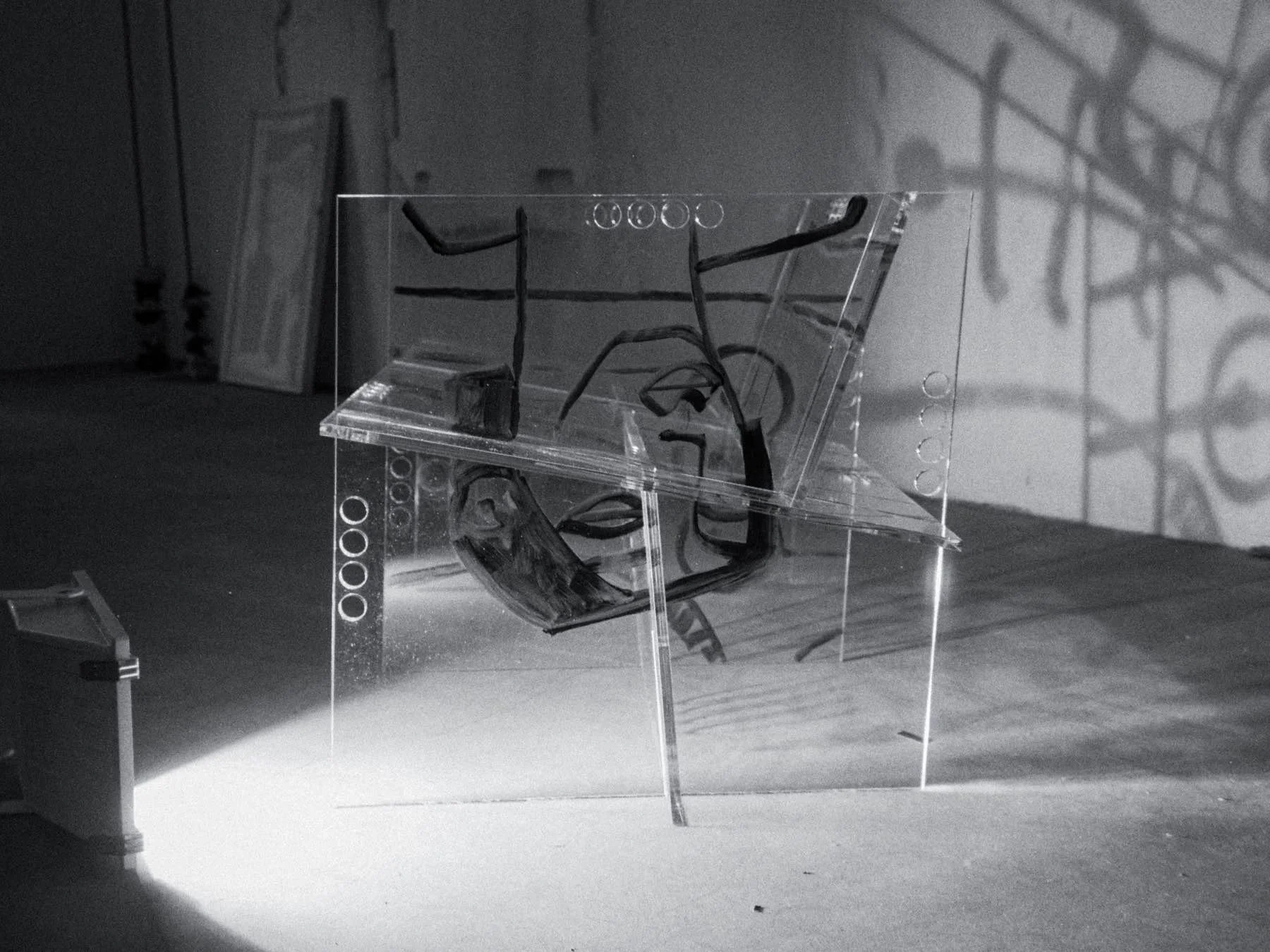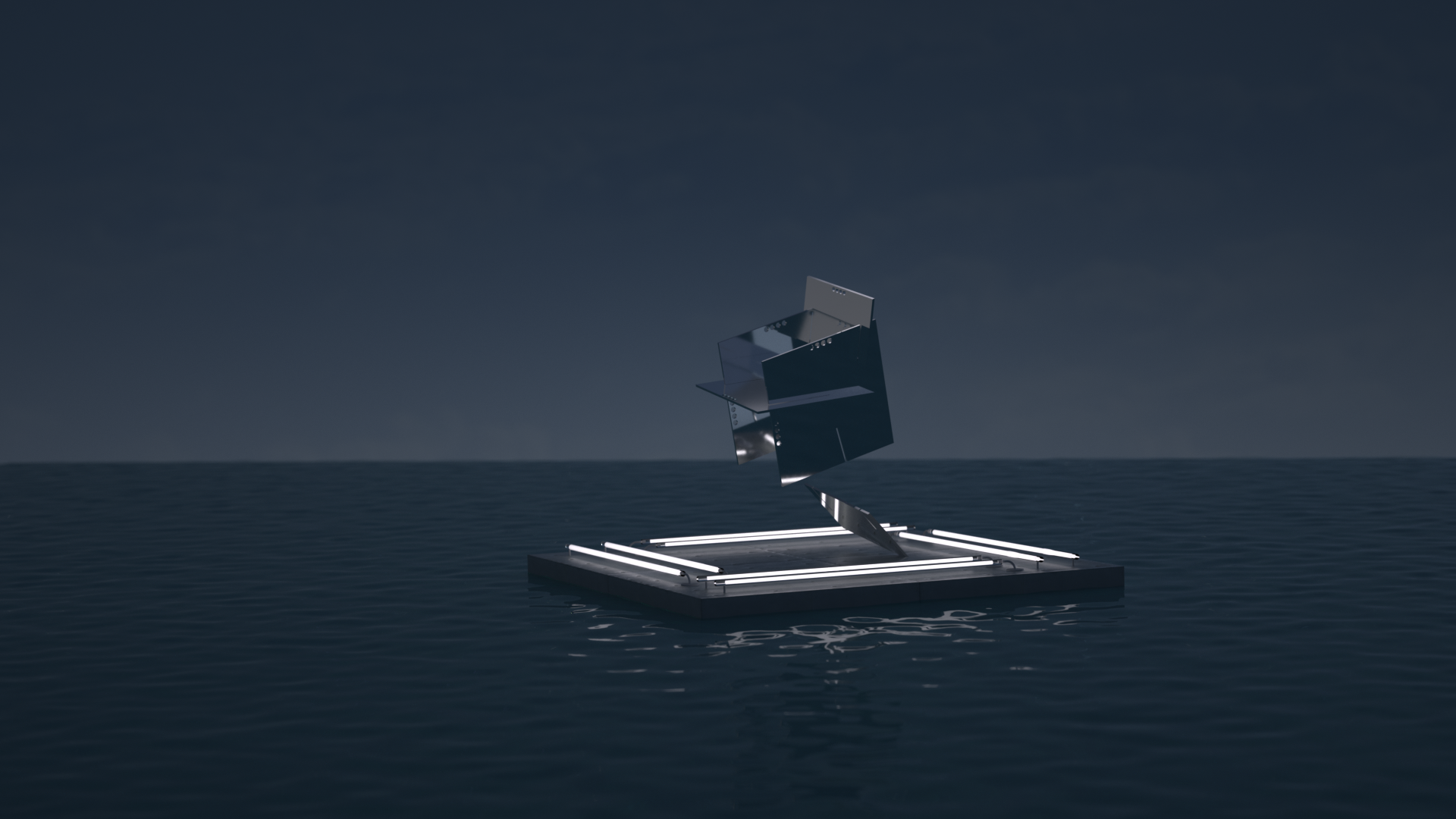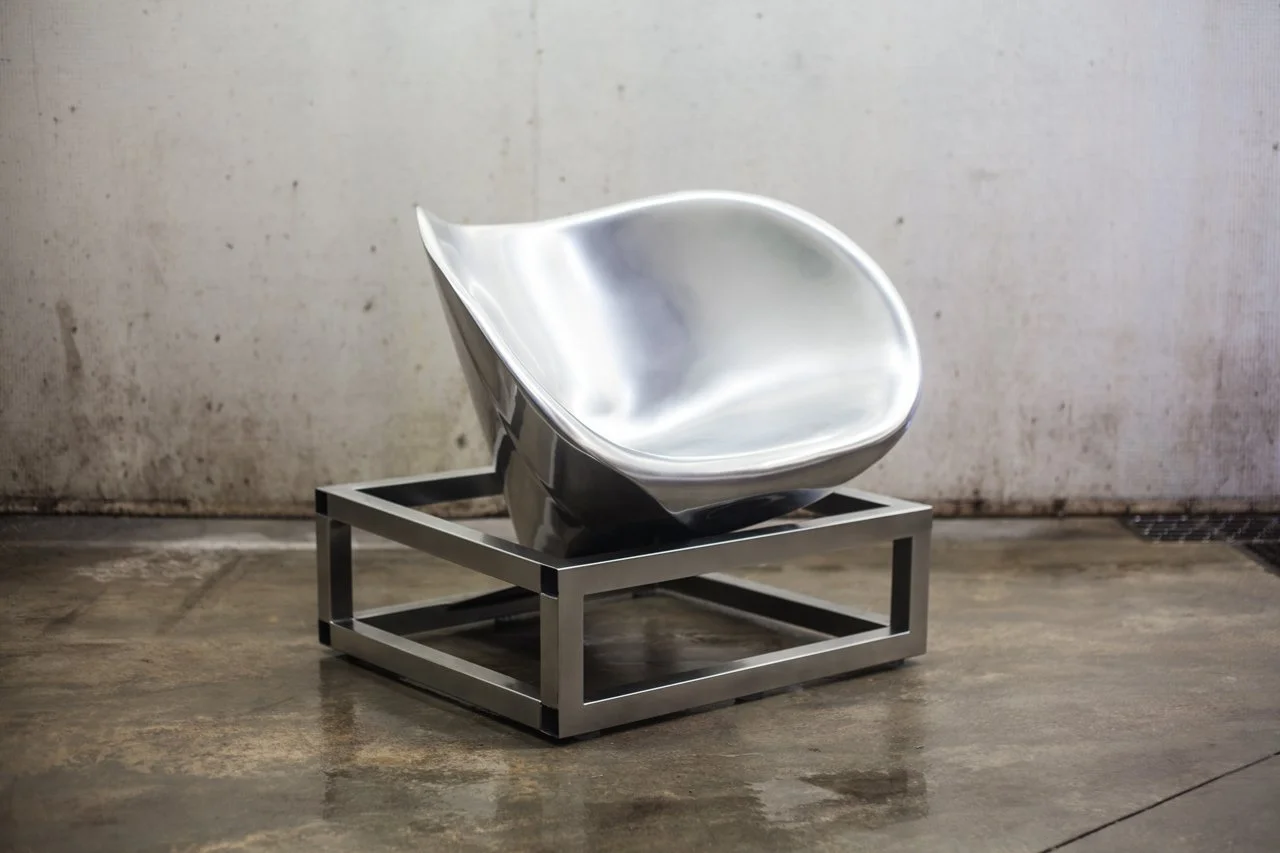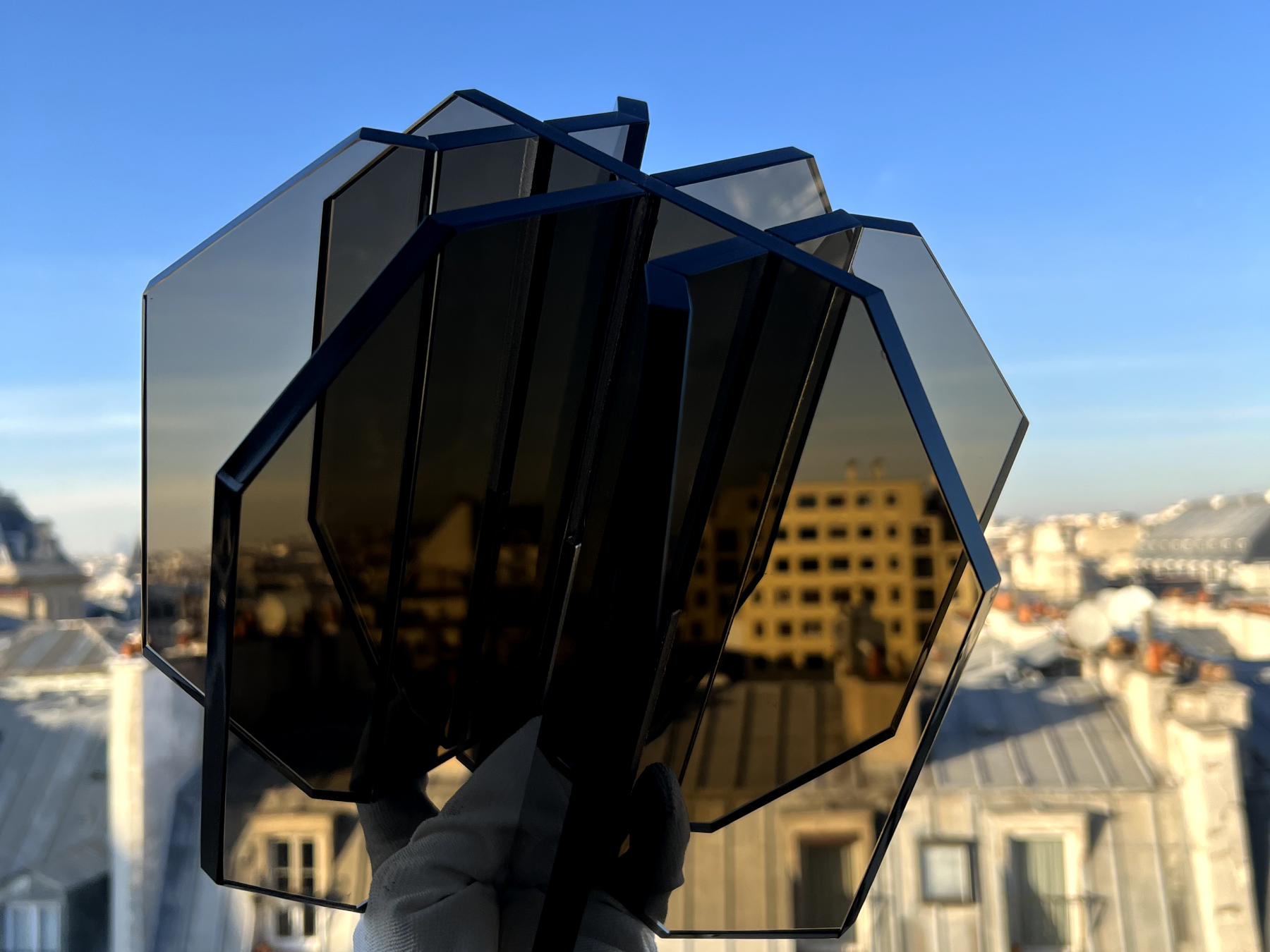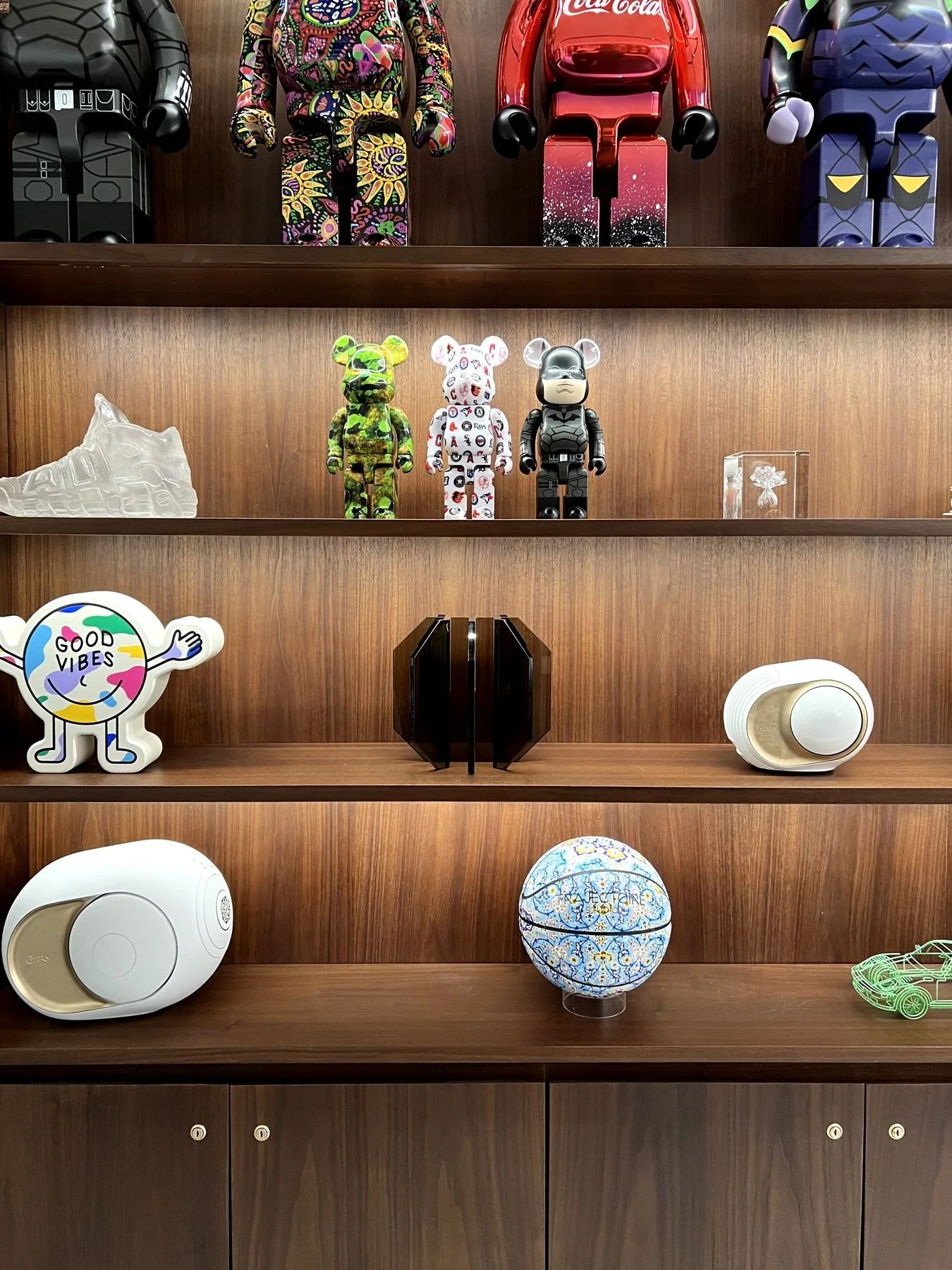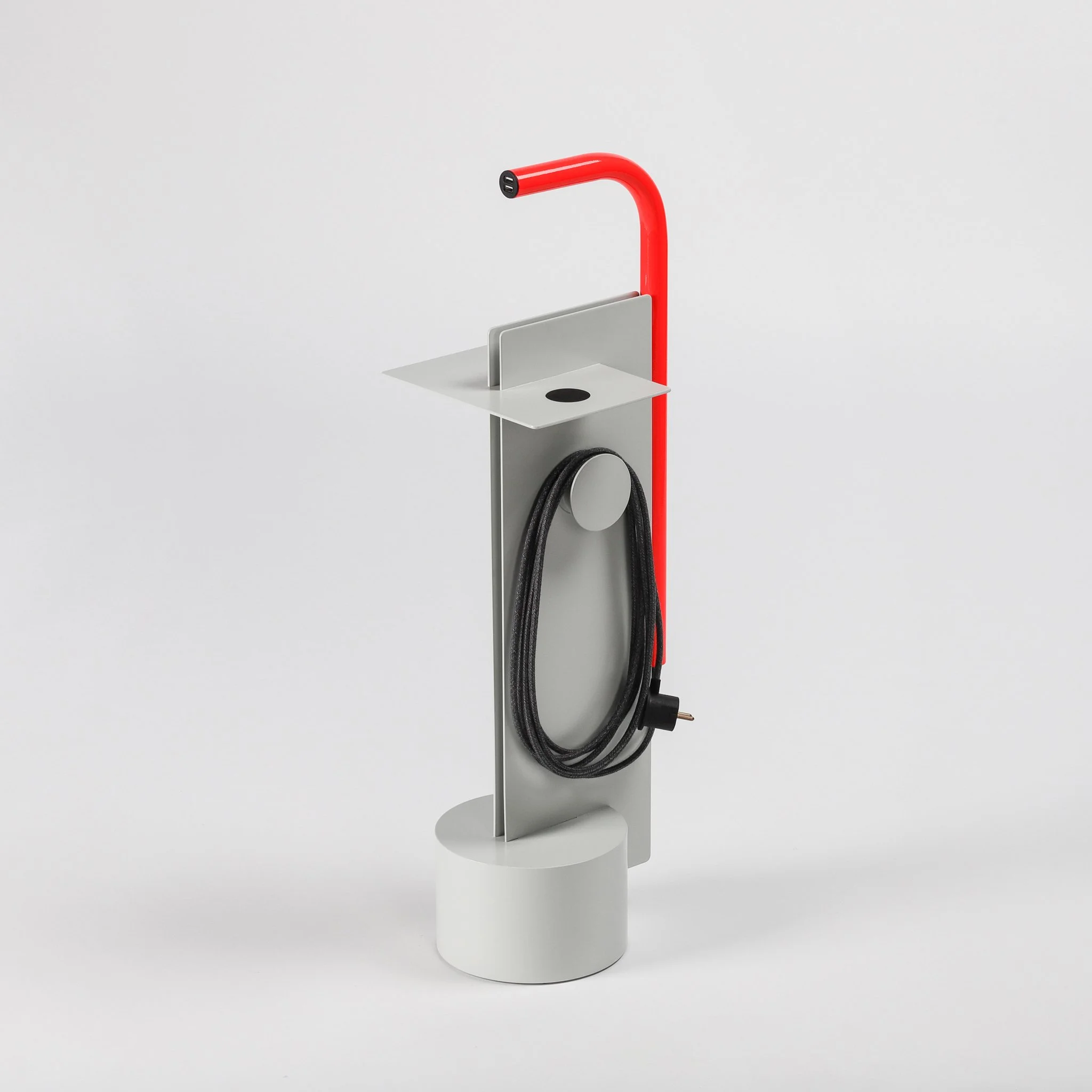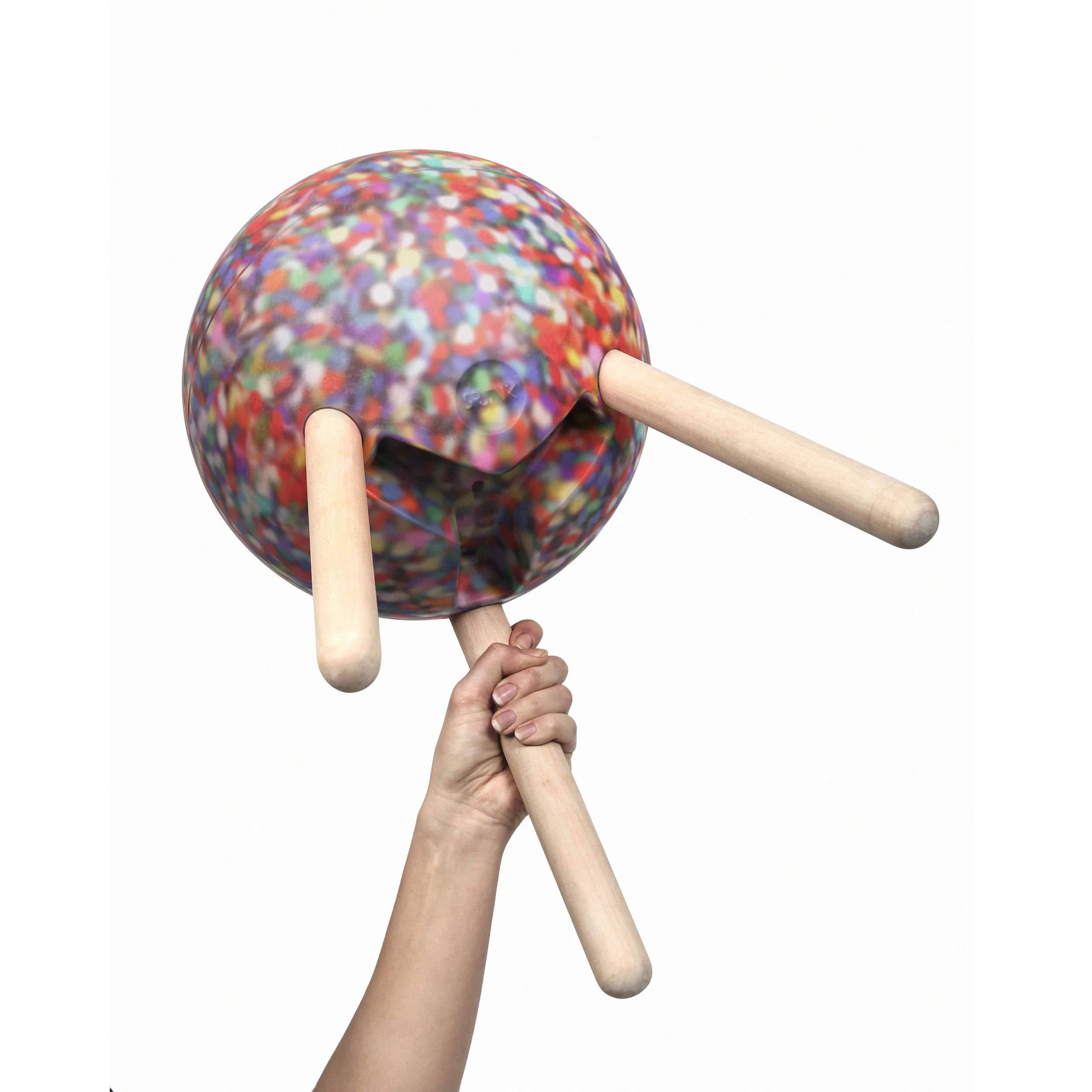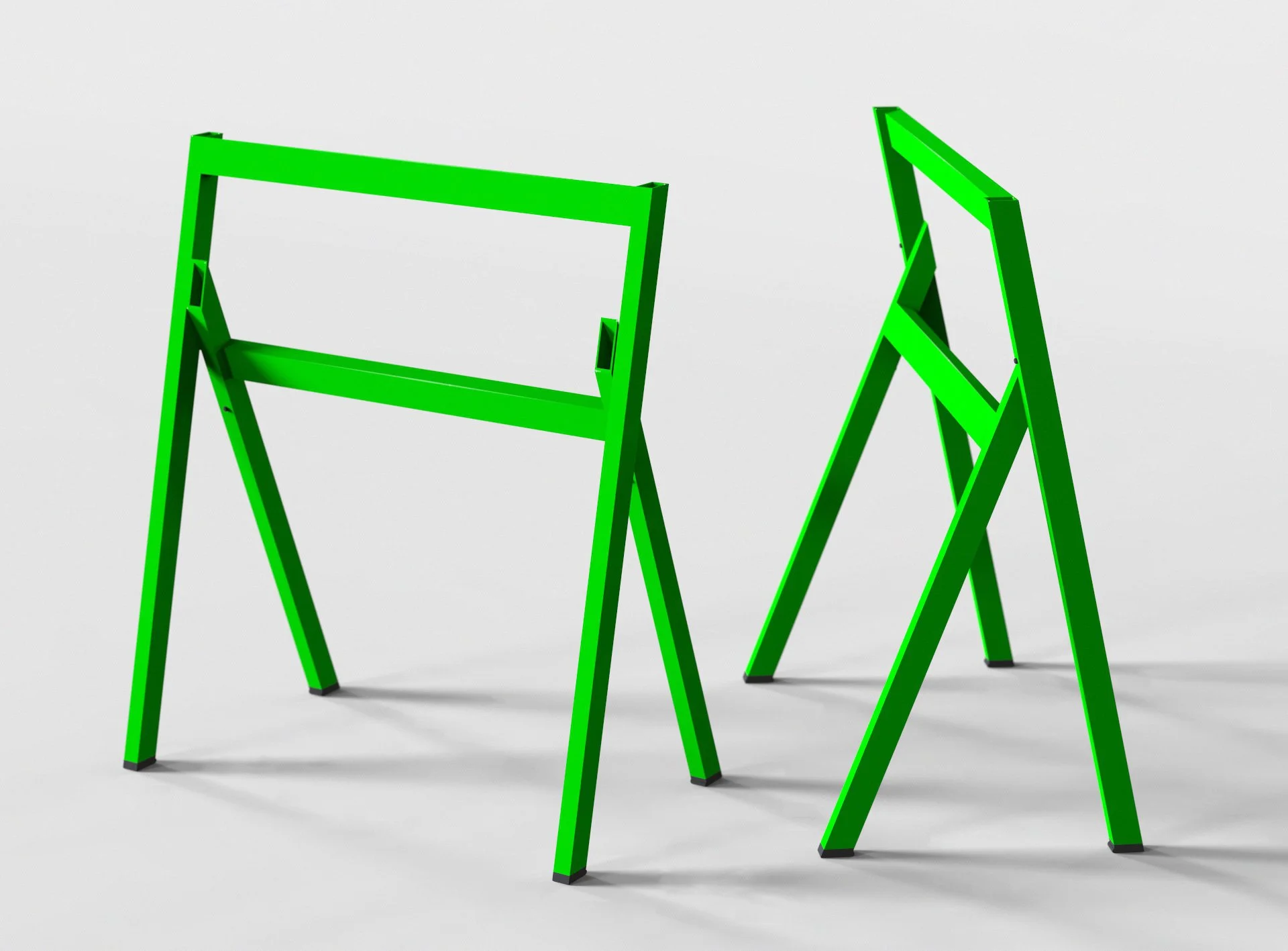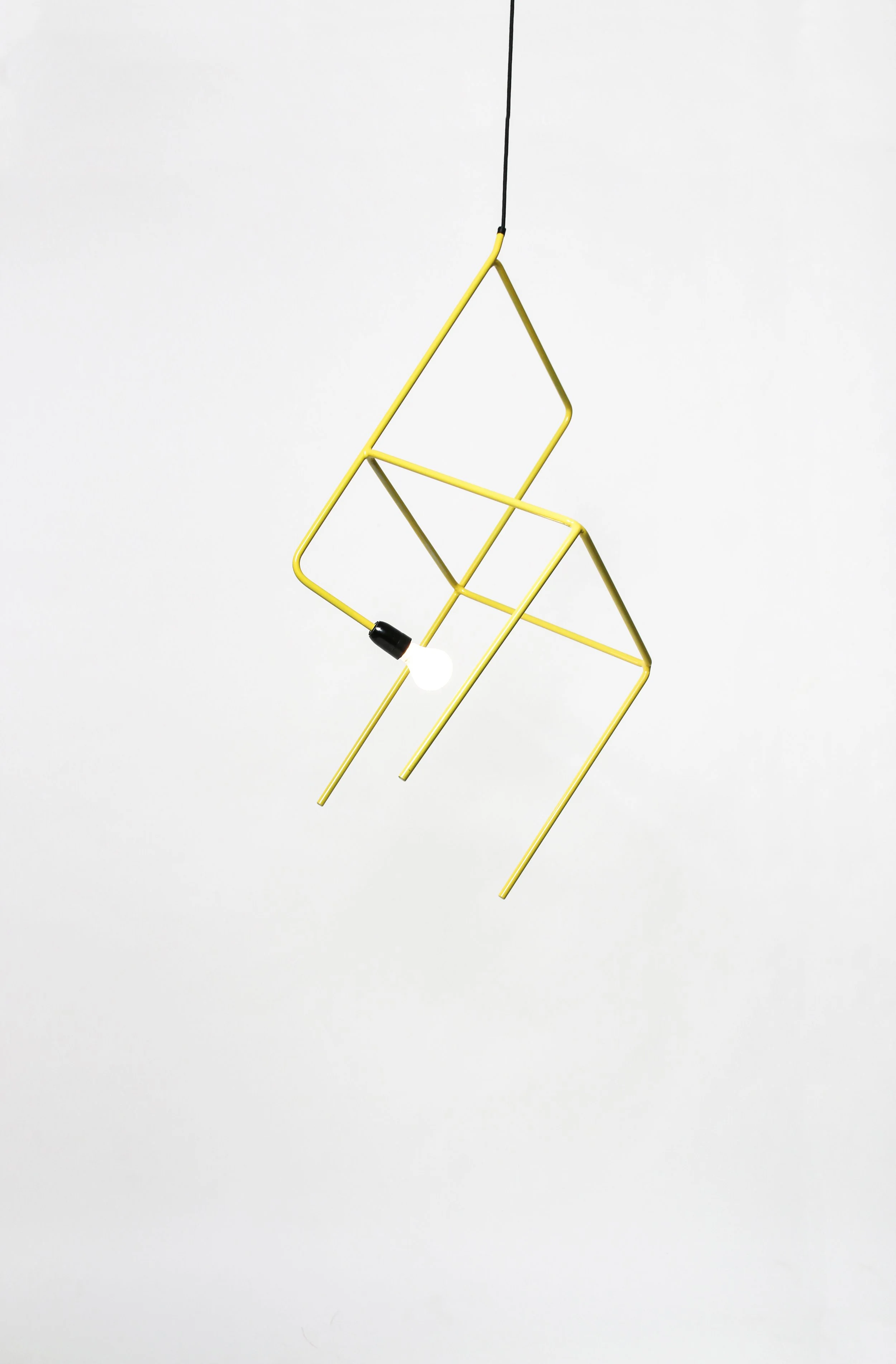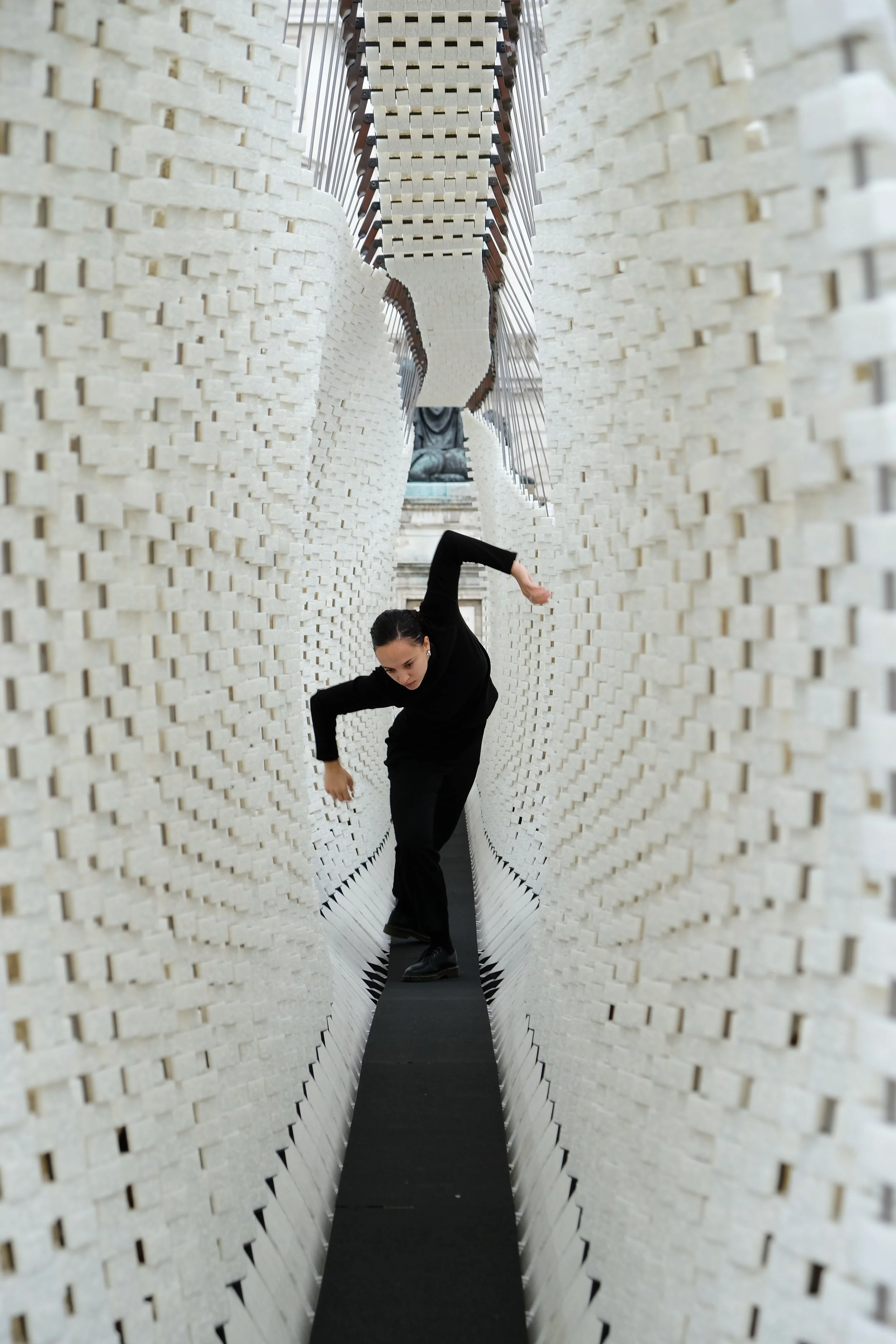 Image 1 of 13
Image 1 of 13

 Image 2 of 13
Image 2 of 13

 Image 3 of 13
Image 3 of 13

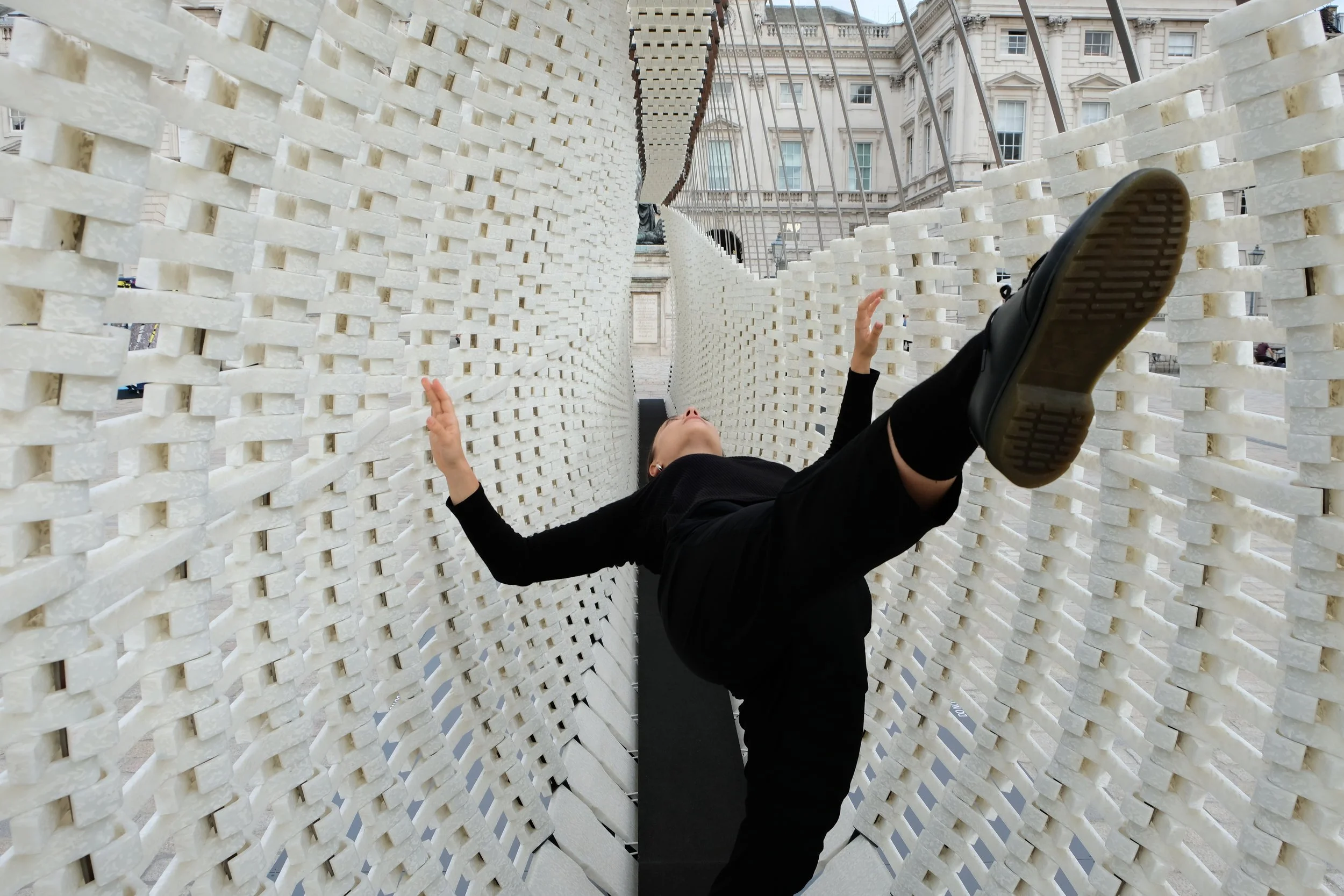 Image 4 of 13
Image 4 of 13

 Image 5 of 13
Image 5 of 13

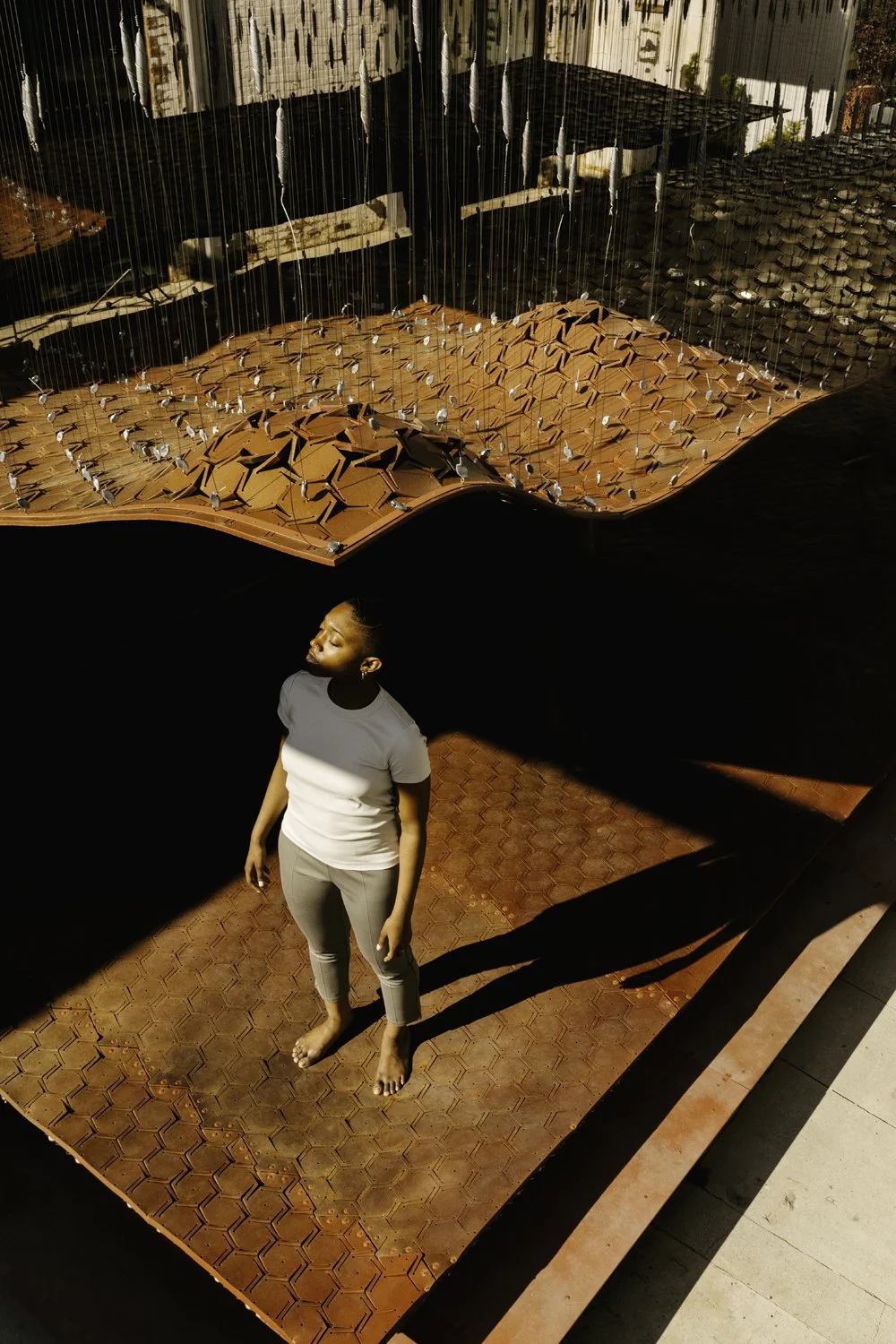 Image 6 of 13
Image 6 of 13

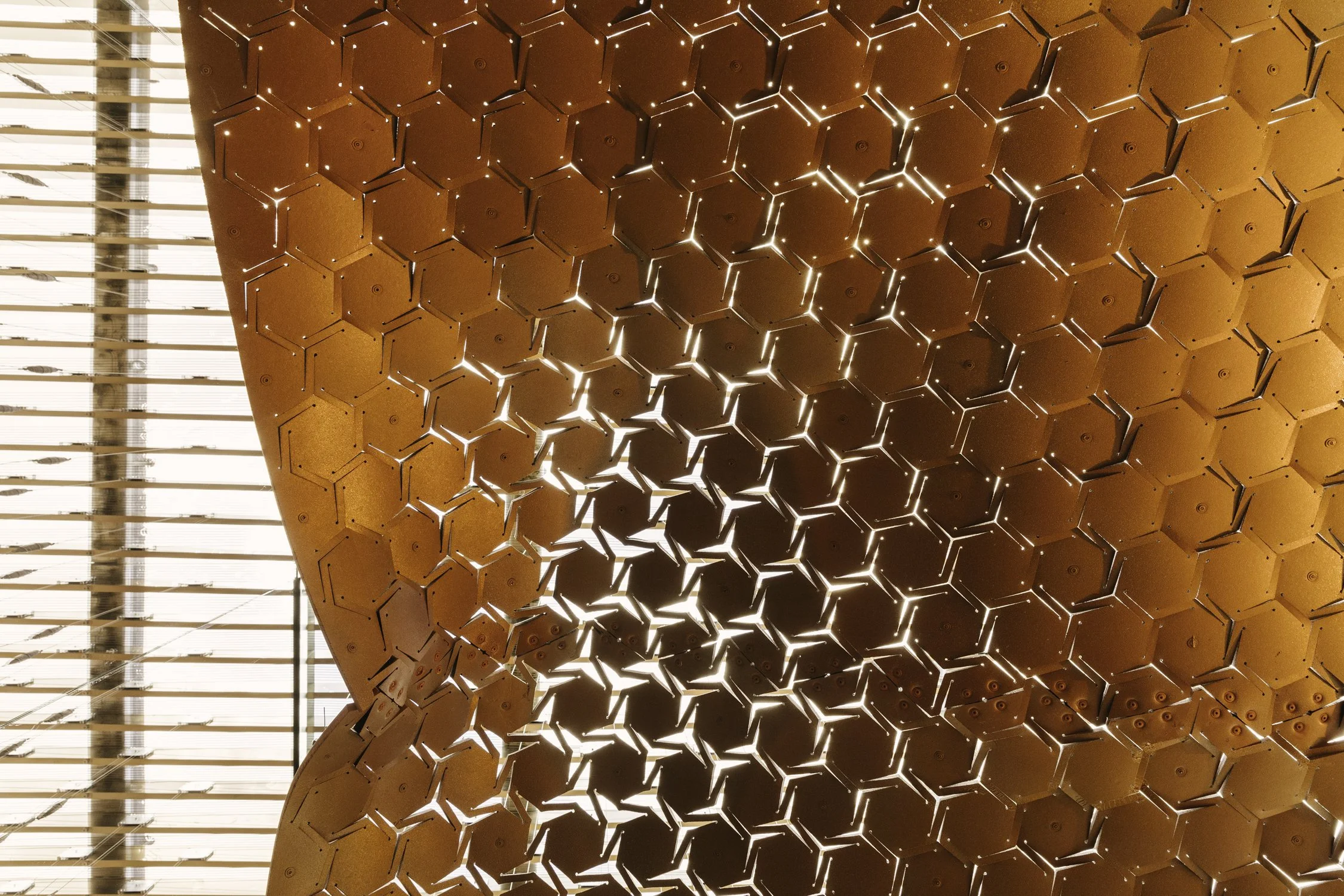 Image 7 of 13
Image 7 of 13

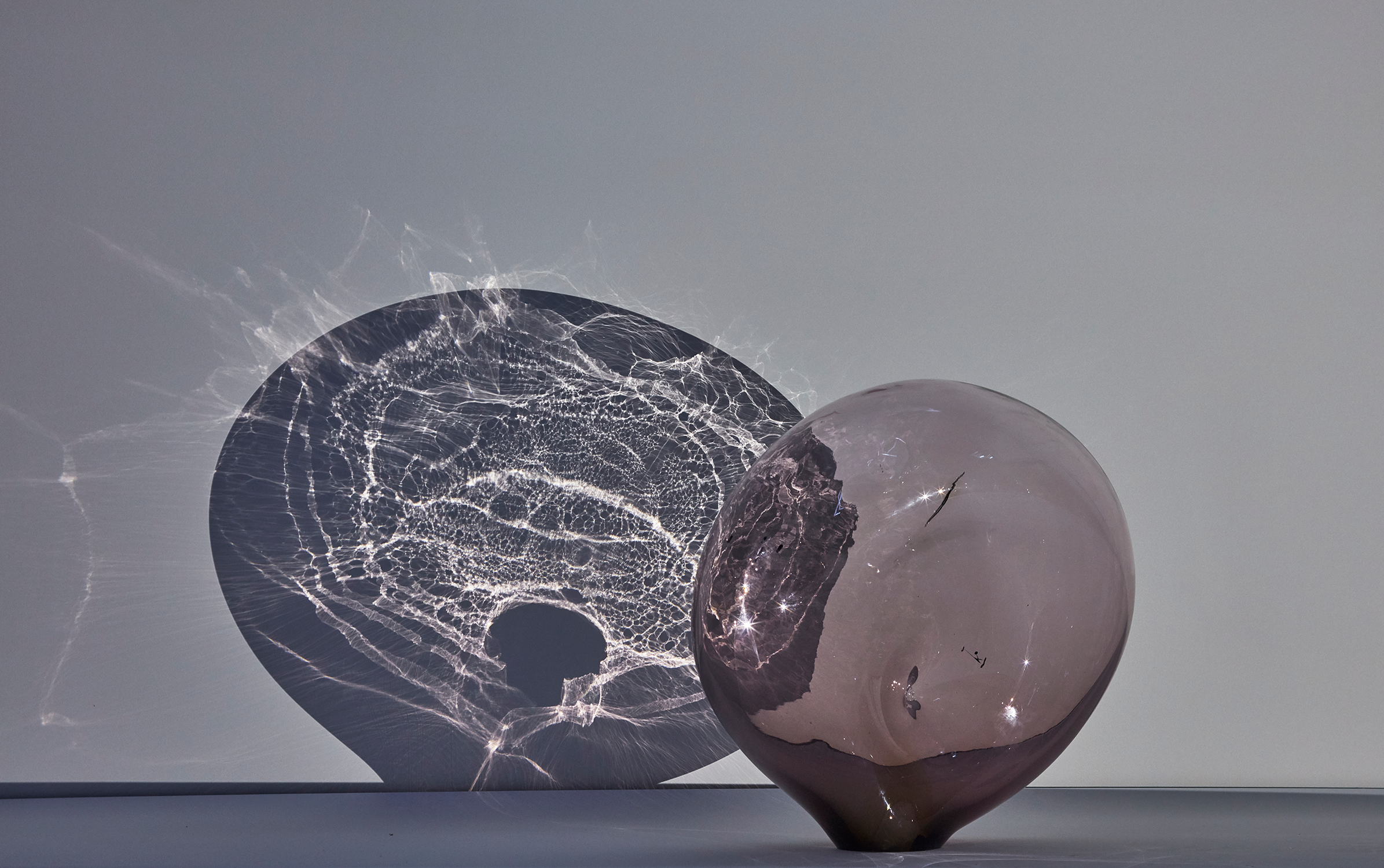 Image 8 of 13
Image 8 of 13

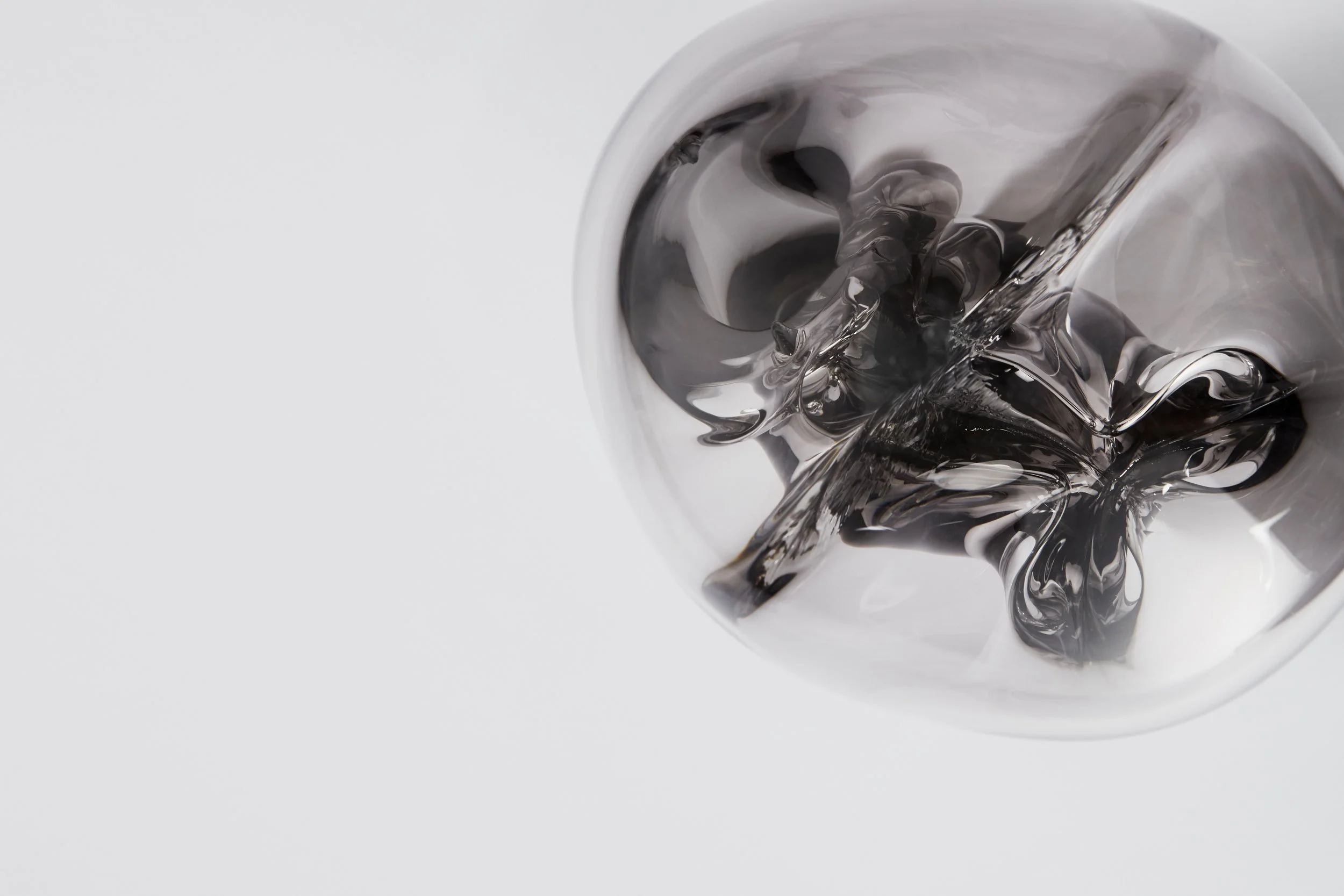 Image 9 of 13
Image 9 of 13

 Image 10 of 13
Image 10 of 13

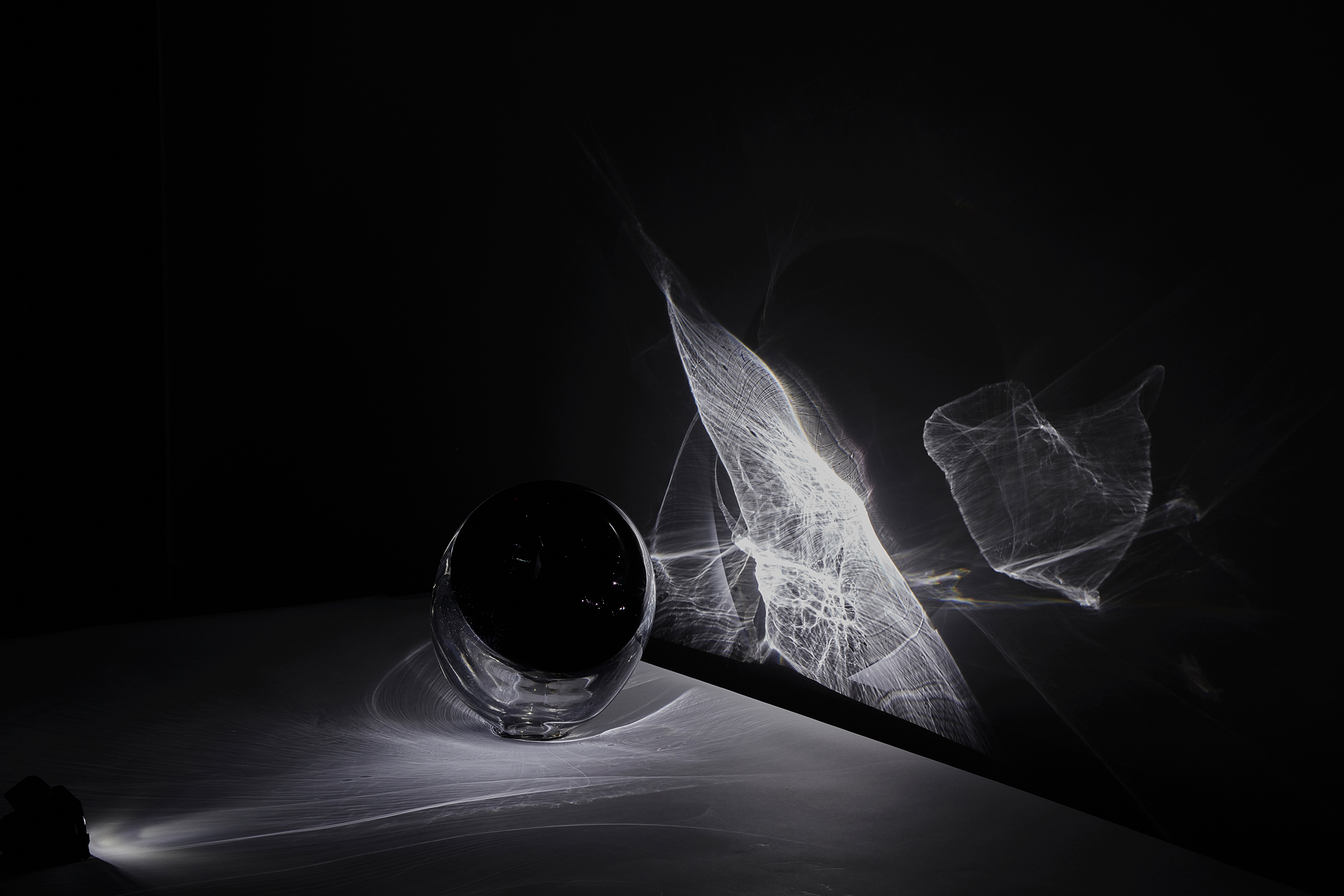 Image 11 of 13
Image 11 of 13

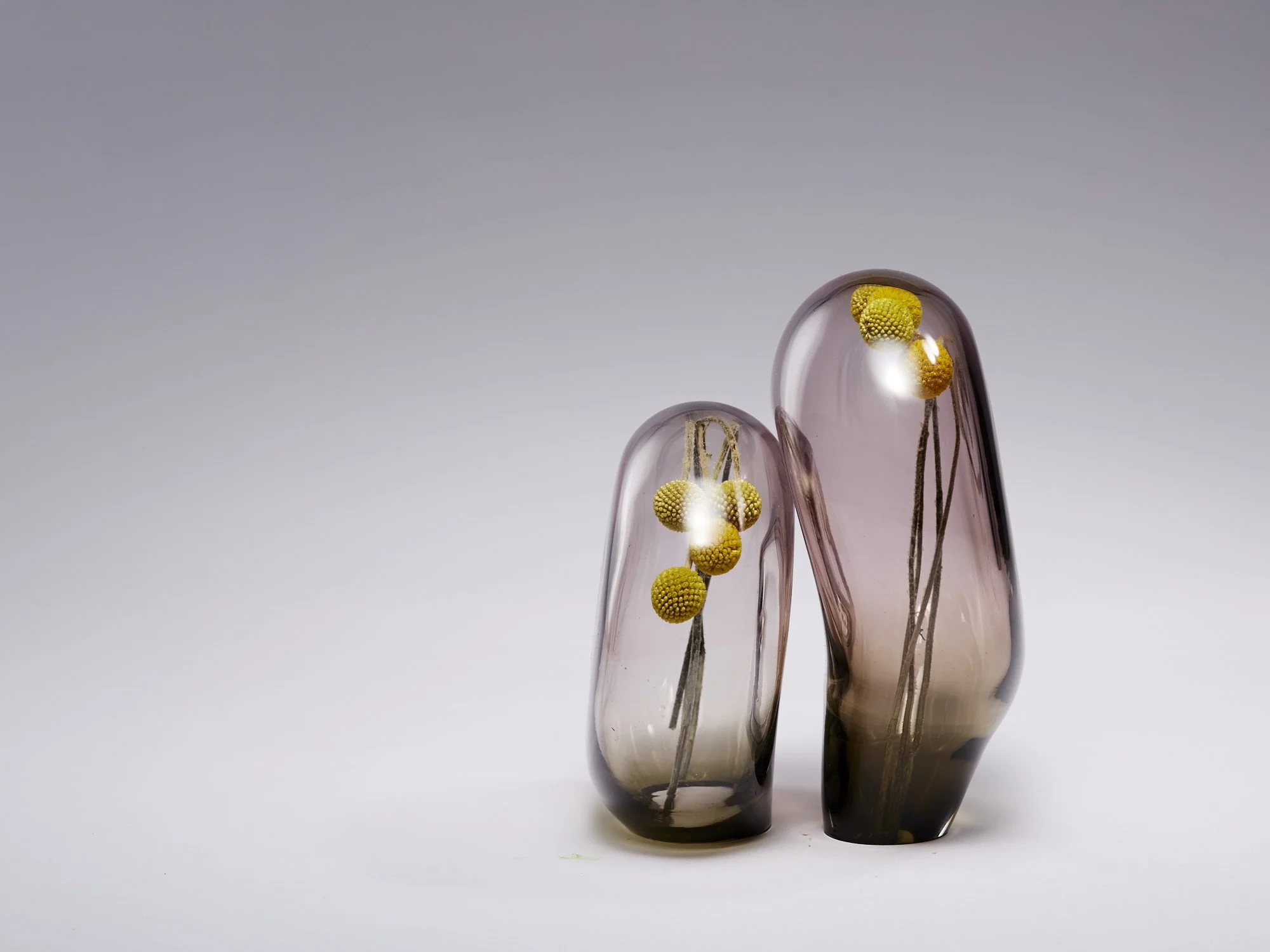 Image 12 of 13
Image 12 of 13

 Image 13 of 13
Image 13 of 13














Studio INI redefines our relationship with the digital and physical world
Studio INI is an experimental design studio founded by Greek engineer and designer Nassia Inglessis in 2015. Based in London and Athens, the studio was established with the mission to couple rigorous design and scientific research with public engagement in immersive and experiential environments. Studio INI's current mission focuses on integrating sustainability and circular economy principles into their projects, creating dynamic installations that respond to human interaction and promote environmental awareness. Core values include innovation, sustainability, and public engagement, with a purpose to redefine the relationship between design, technology, and the environment.
Location
Headquarters: London, United Kingdom, and Athens, Greece.
Primary manufacturing/operations locations: Various global locations for projects and collaborations.
The Circular Vision
Core circular economy principles: Designing out waste, using recycled and sustainable materials, and creating installations that promote environmental awareness and sustainable practices.
Key innovations: Development of projects like "Urban Imprint," which uses recycled materials to create a malleable urban environment, and "Disobedience," a kinetic wall made from recycled plastic that responds to human interaction.
Prioritization of local sourcing and closed-loop supply chains: Emphasis on using locally sourced materials and sustainable production methods to minimize environmental impact and support local economies.
Pioneering Solutions
Flagship projects: "Urban Imprint" (a responsive urban installation), "Disobedience" (a kinetic wall made from recycled plastic), and "In|Ex|hale" (an interactive installation exploring the relationship between indoor and outdoor environments).
Unique value propositions: High-quality, innovative design solutions that prioritize circularity, material reuse, and environmental responsibility. Studio INI's work is known for its ability to create immersive, thought-provoking environments that connect with diverse audiences while promoting sustainability.
The Regenerative Future
R&D focus areas: Advancing sustainable design techniques, exploring new applications for recycled and sustainable materials, and developing solutions that further reduce waste and energy consumption in design and production processes.
Ambitious goals: To lead the design industry in sustainable practices, create zero-waste installations, and inspire a shift towards a regenerative approach to design and environmental stewardship.
Fact Sheet
Commercial Availability: Design services and installations available through exhibitions, galleries, and collaborations with cultural institutions and businesses.
Circularity Rating: 5/5 (Strong focus on integrating circular economy principles in design and production).
Cost Rating: 4/5 (Competitive with high-end design services, with significant value in sustainability and innovation).
Material Passport: Detailed material traceability and use of recycled and sustainable materials.
Designed for Disassembly: Yes, installations and projects are often designed for easy disassembly and recycling.
Carbon Performance: Focus on reducing carbon footprint through the use of sustainable materials and local production. Committed to minimizing environmental impact through efficient design and production processes.
Key Takeaway
Studio INI transforms the design industry through innovative, sustainable solutions that prioritize circular economy principles, setting a benchmark for environmental responsibility and material innovation in contemporary design.
Explore Further
Studio INI website: https://www.nassia-inglessis.com
Example project: Urban Imprint
Studio INI is an experimental design studio founded by Greek engineer and designer Nassia Inglessis in 2015. Based in London and Athens, the studio was established with the mission to couple rigorous design and scientific research with public engagement in immersive and experiential environments. Studio INI's current mission focuses on integrating sustainability and circular economy principles into their projects, creating dynamic installations that respond to human interaction and promote environmental awareness. Core values include innovation, sustainability, and public engagement, with a purpose to redefine the relationship between design, technology, and the environment.
Location
Headquarters: London, United Kingdom, and Athens, Greece.
Primary manufacturing/operations locations: Various global locations for projects and collaborations.
The Circular Vision
Core circular economy principles: Designing out waste, using recycled and sustainable materials, and creating installations that promote environmental awareness and sustainable practices.
Key innovations: Development of projects like "Urban Imprint," which uses recycled materials to create a malleable urban environment, and "Disobedience," a kinetic wall made from recycled plastic that responds to human interaction.
Prioritization of local sourcing and closed-loop supply chains: Emphasis on using locally sourced materials and sustainable production methods to minimize environmental impact and support local economies.
Pioneering Solutions
Flagship projects: "Urban Imprint" (a responsive urban installation), "Disobedience" (a kinetic wall made from recycled plastic), and "In|Ex|hale" (an interactive installation exploring the relationship between indoor and outdoor environments).
Unique value propositions: High-quality, innovative design solutions that prioritize circularity, material reuse, and environmental responsibility. Studio INI's work is known for its ability to create immersive, thought-provoking environments that connect with diverse audiences while promoting sustainability.
The Regenerative Future
R&D focus areas: Advancing sustainable design techniques, exploring new applications for recycled and sustainable materials, and developing solutions that further reduce waste and energy consumption in design and production processes.
Ambitious goals: To lead the design industry in sustainable practices, create zero-waste installations, and inspire a shift towards a regenerative approach to design and environmental stewardship.
Fact Sheet
Commercial Availability: Design services and installations available through exhibitions, galleries, and collaborations with cultural institutions and businesses.
Circularity Rating: 5/5 (Strong focus on integrating circular economy principles in design and production).
Cost Rating: 4/5 (Competitive with high-end design services, with significant value in sustainability and innovation).
Material Passport: Detailed material traceability and use of recycled and sustainable materials.
Designed for Disassembly: Yes, installations and projects are often designed for easy disassembly and recycling.
Carbon Performance: Focus on reducing carbon footprint through the use of sustainable materials and local production. Committed to minimizing environmental impact through efficient design and production processes.
Key Takeaway
Studio INI transforms the design industry through innovative, sustainable solutions that prioritize circular economy principles, setting a benchmark for environmental responsibility and material innovation in contemporary design.
Explore Further
Studio INI website: https://www.nassia-inglessis.com
Example project: Urban Imprint

